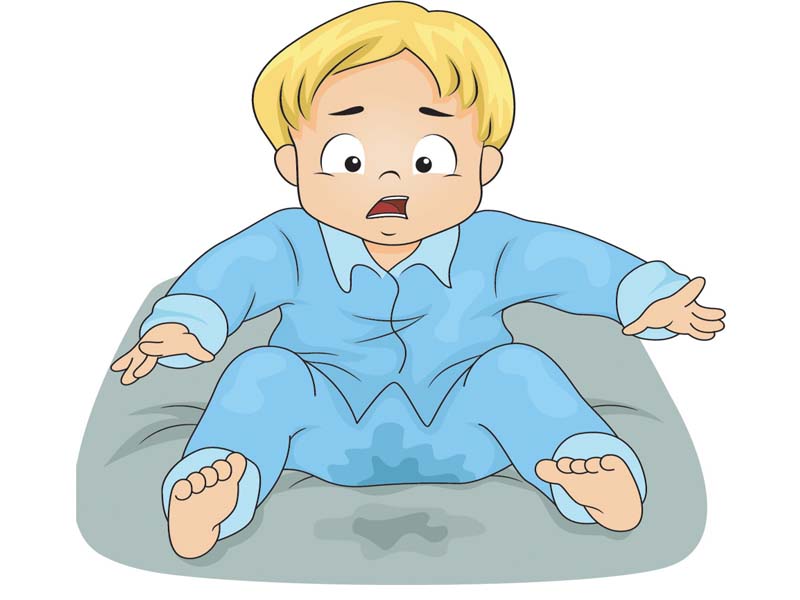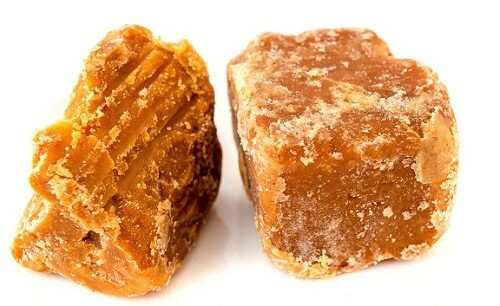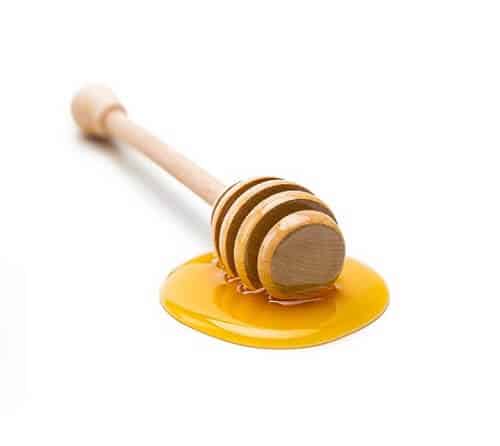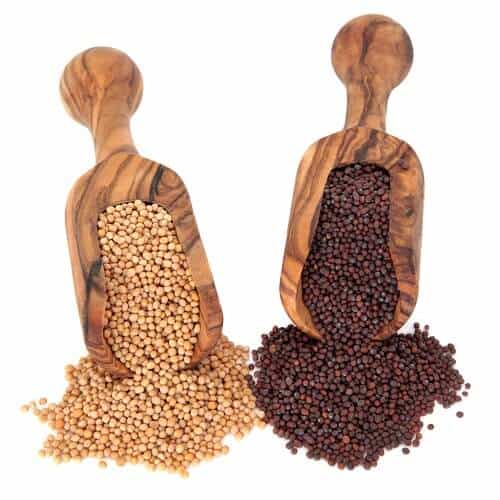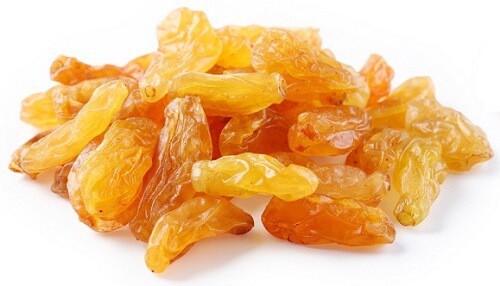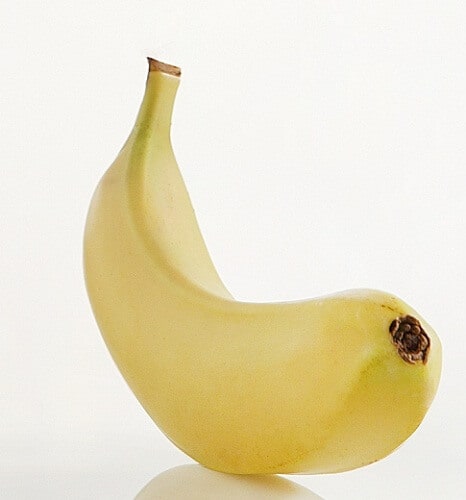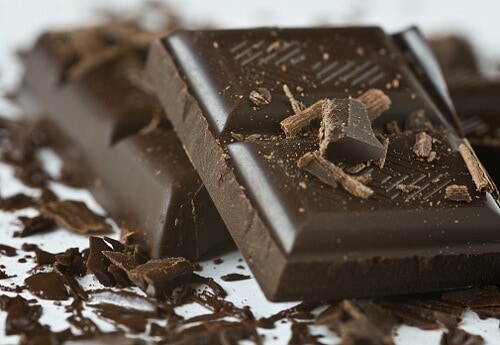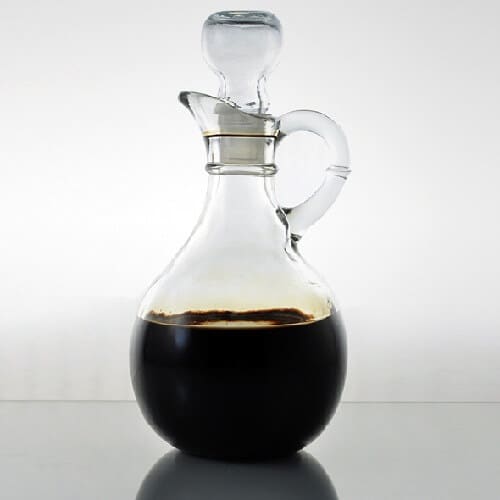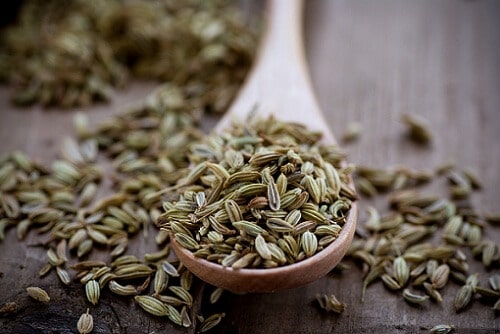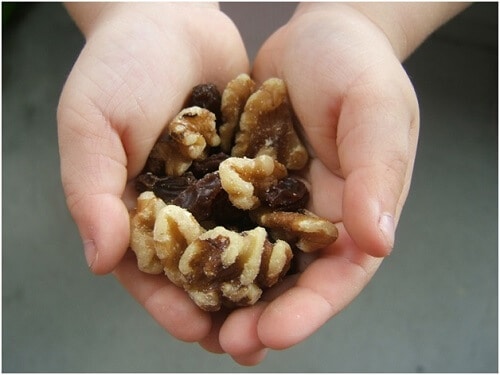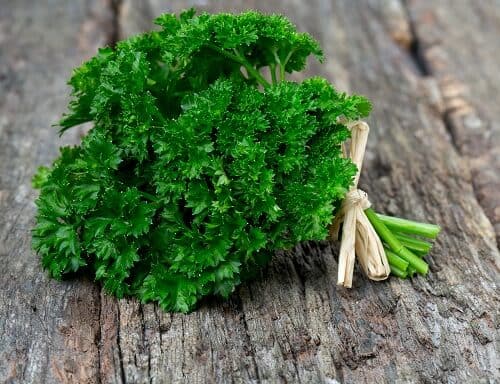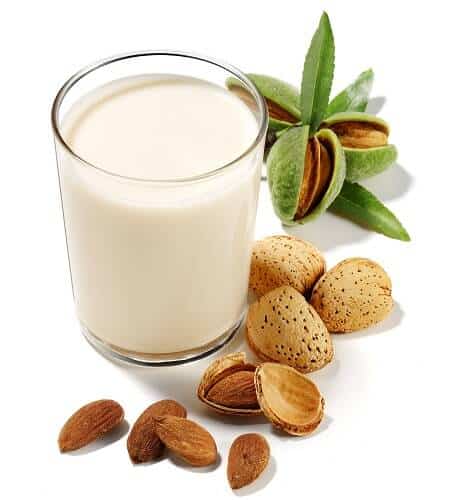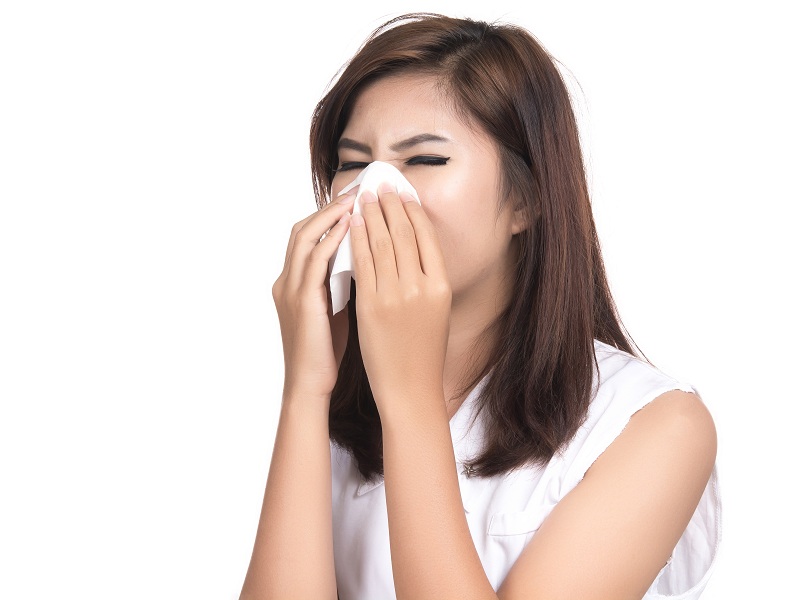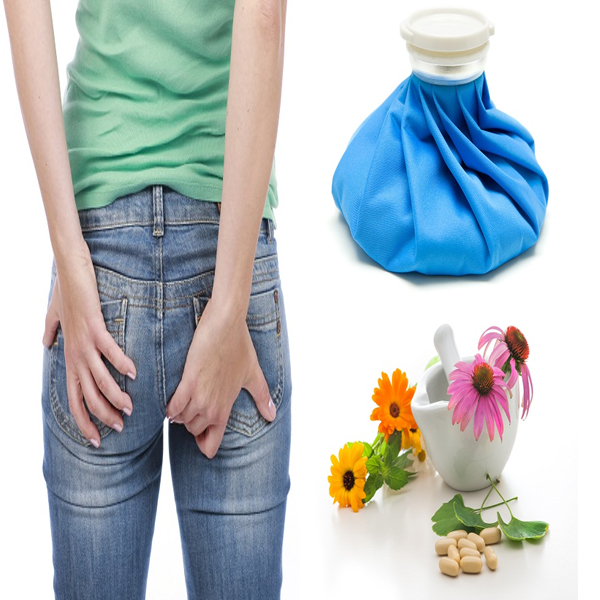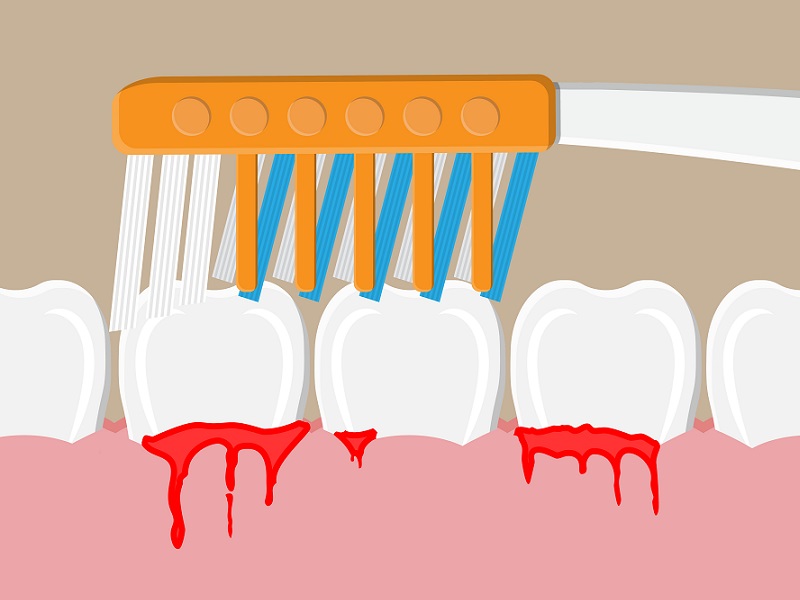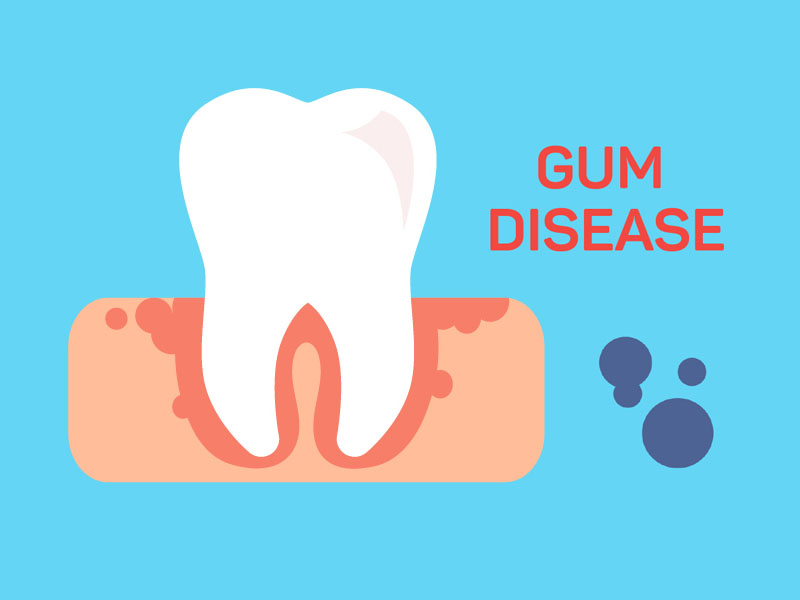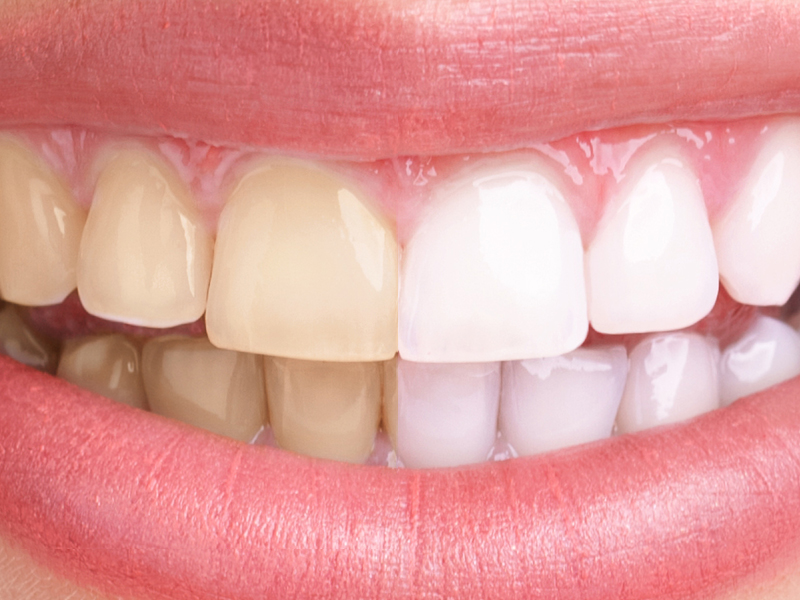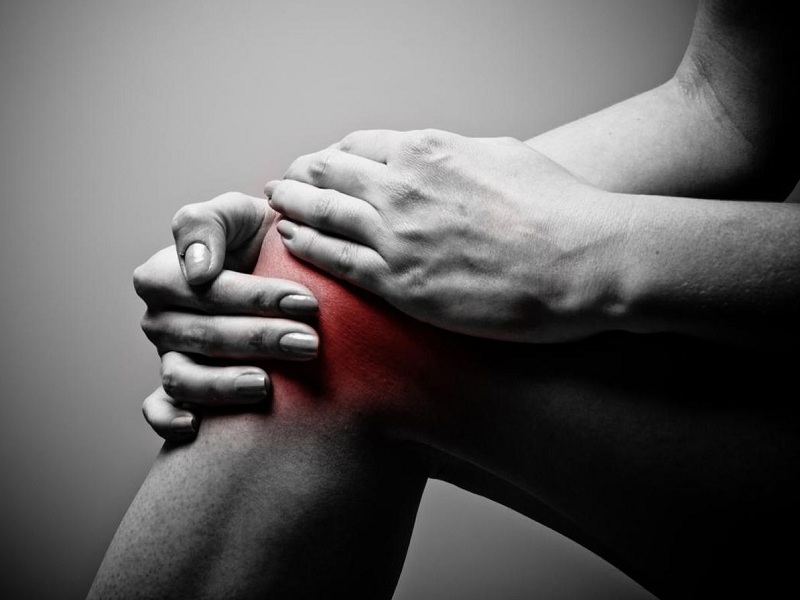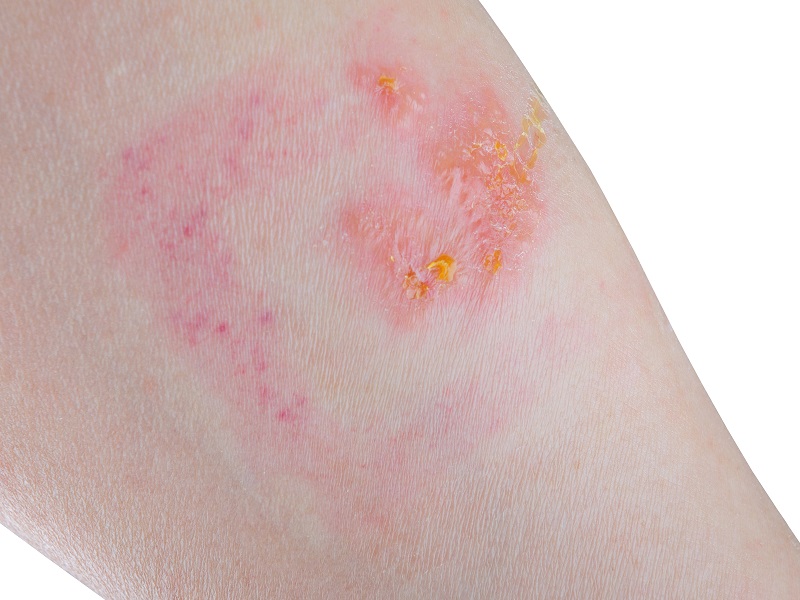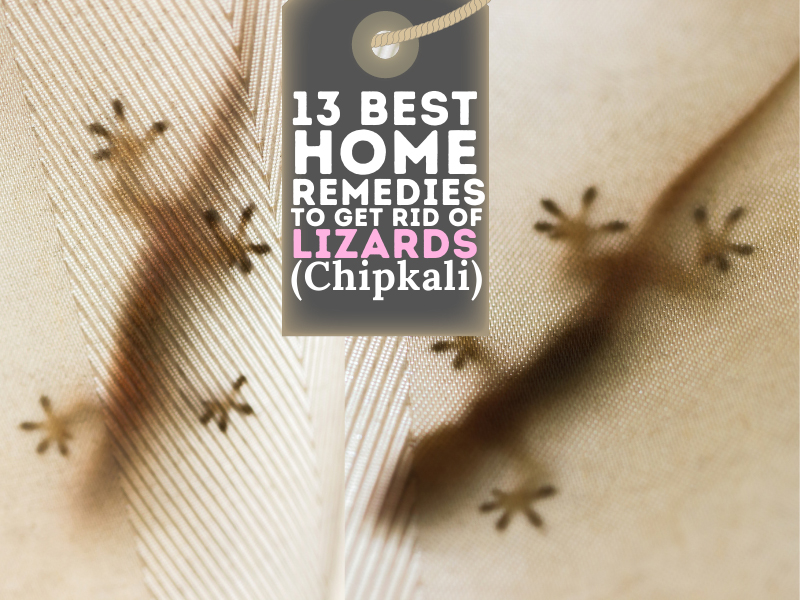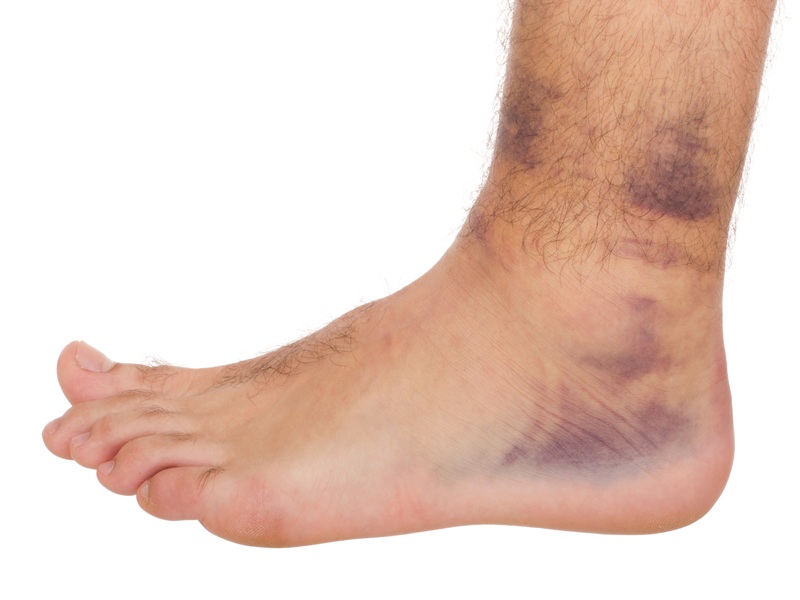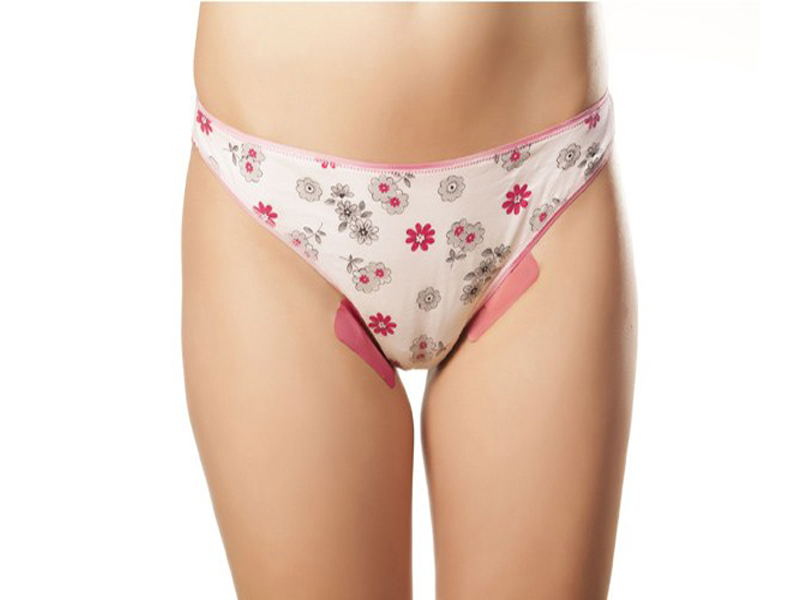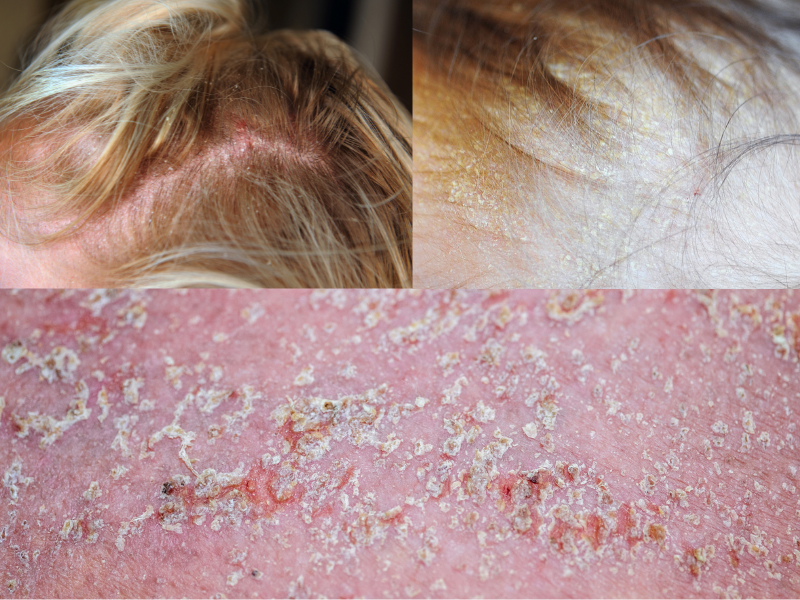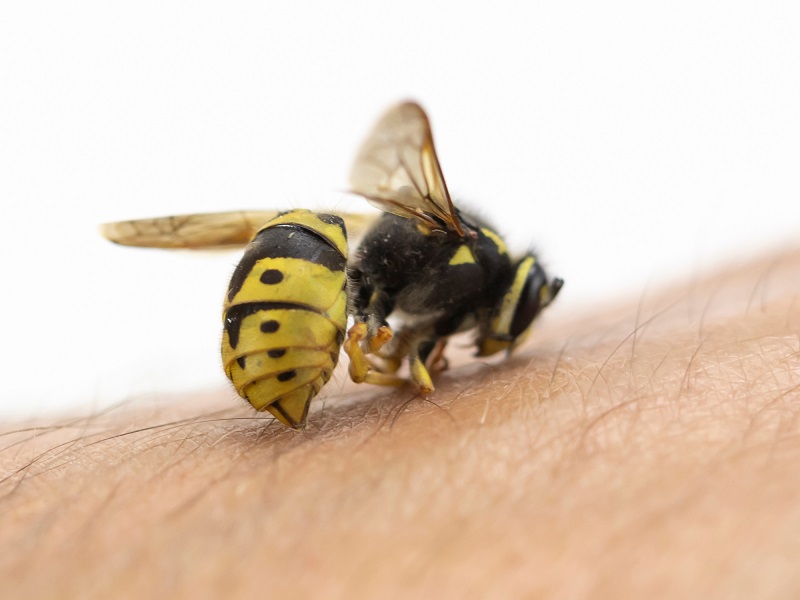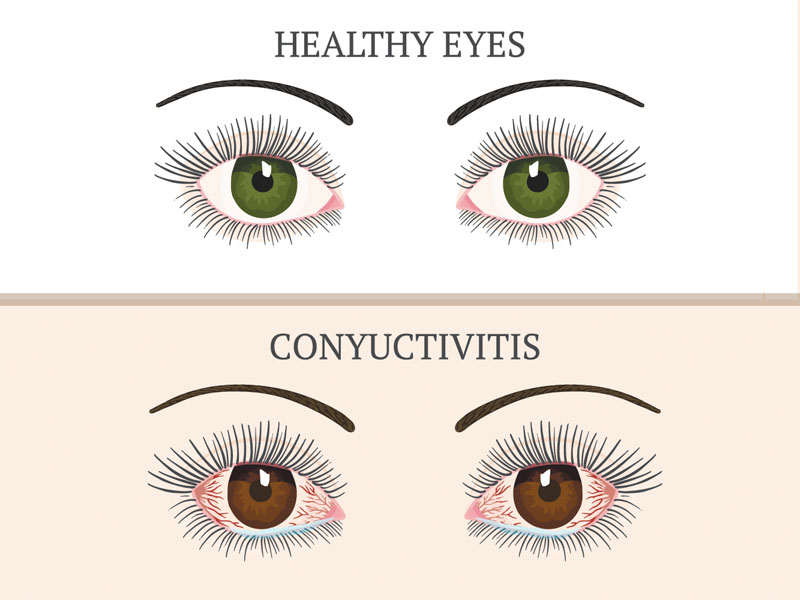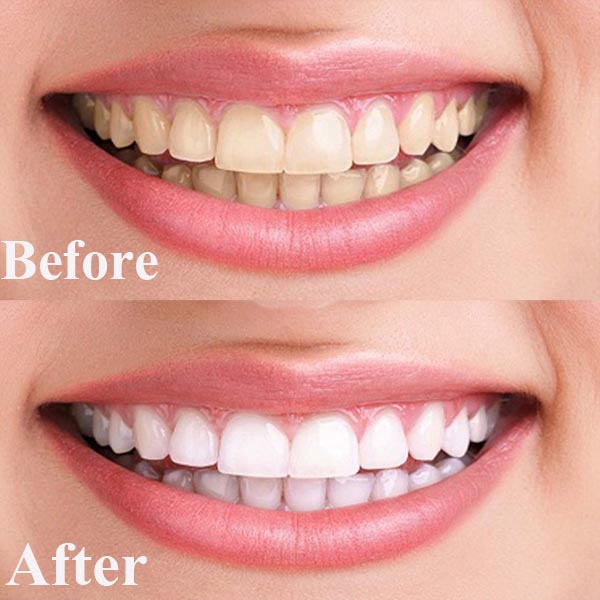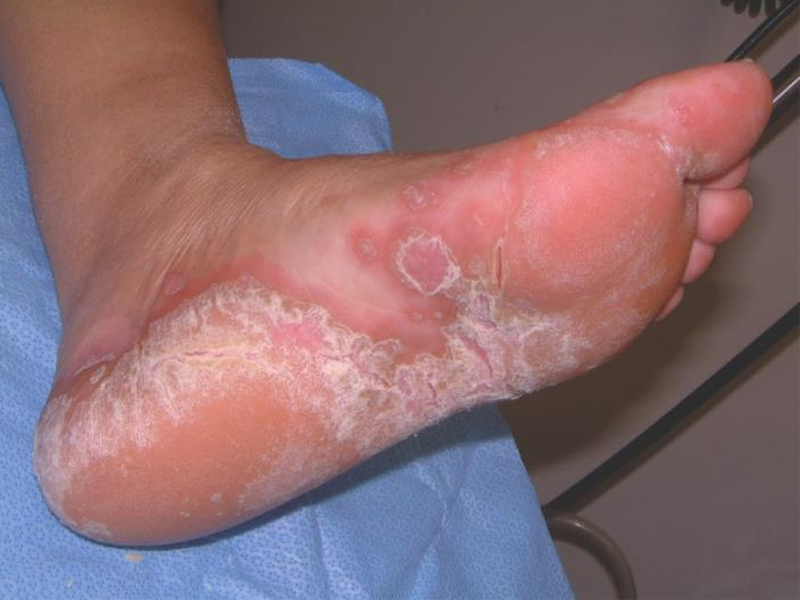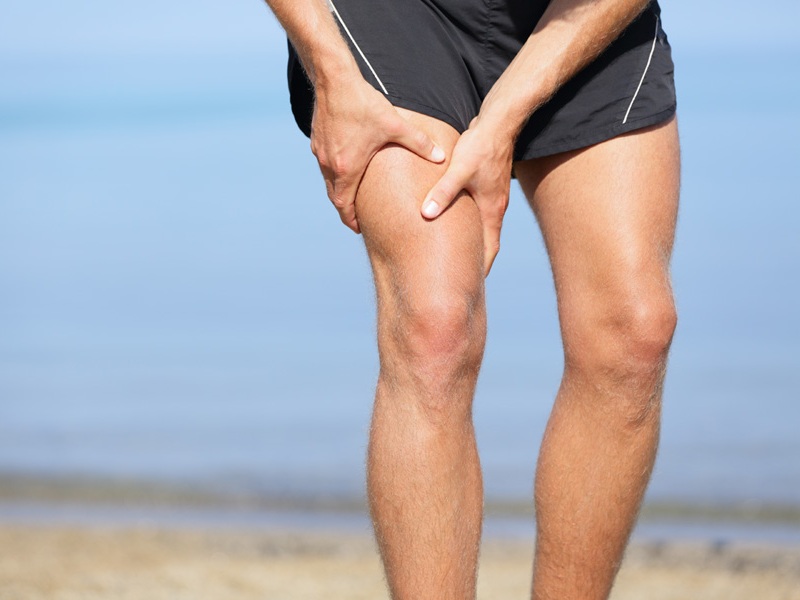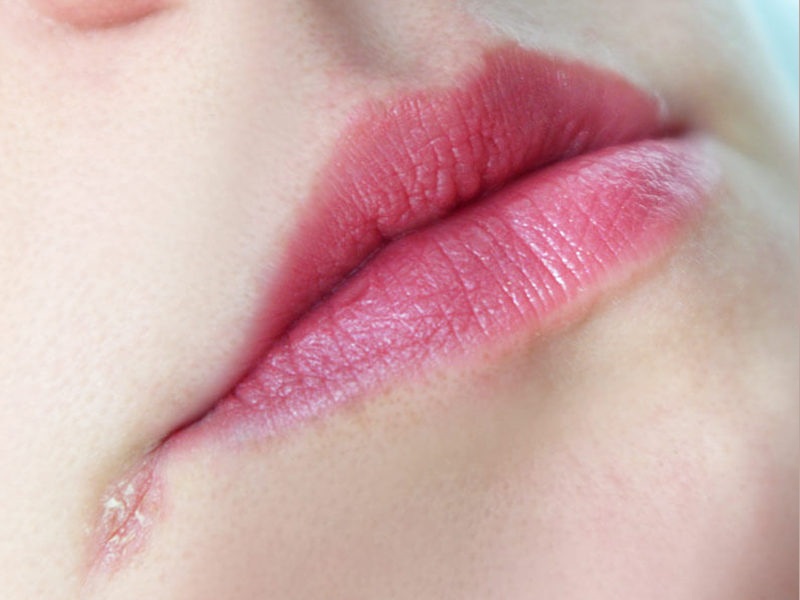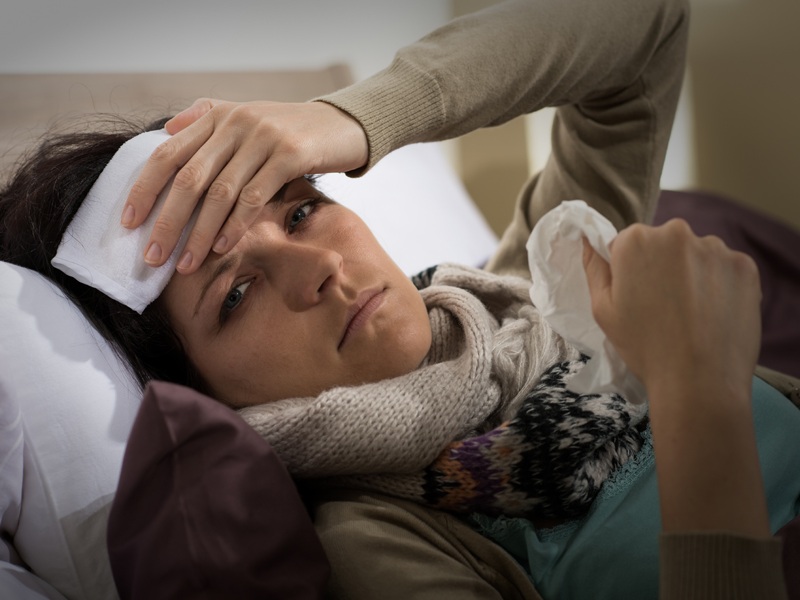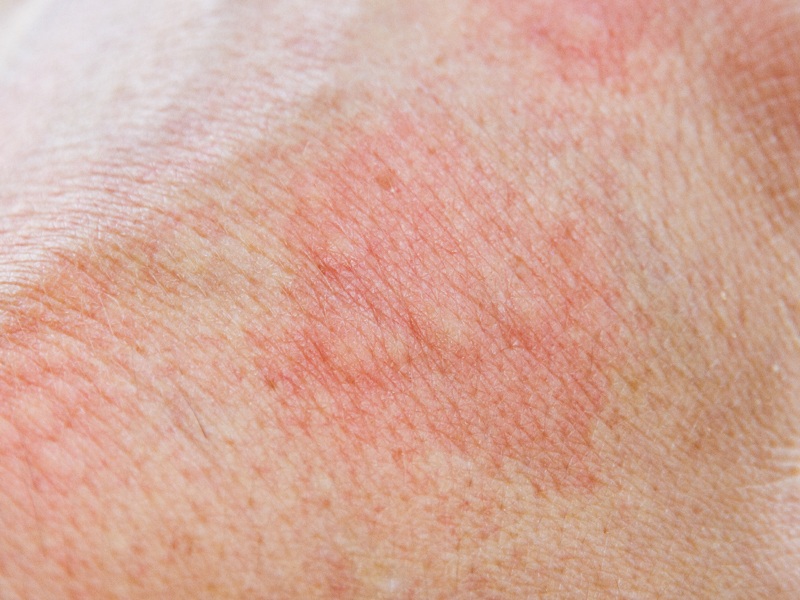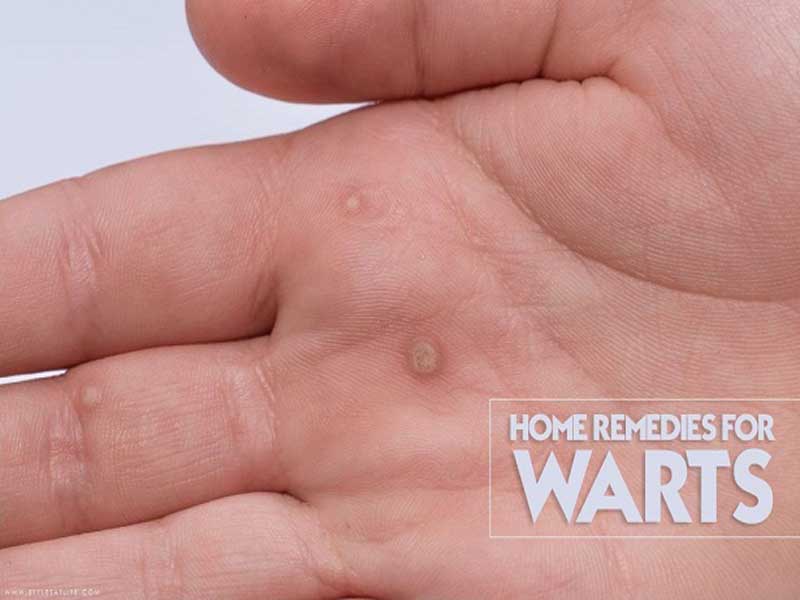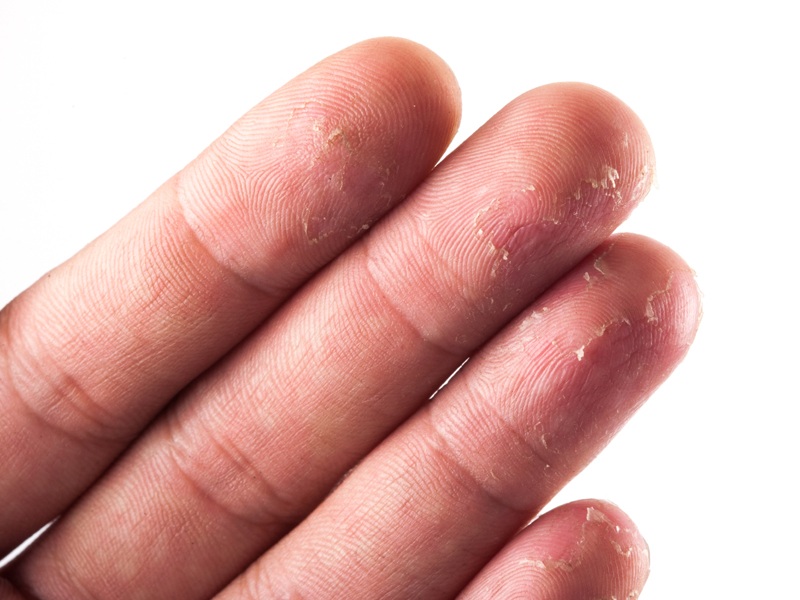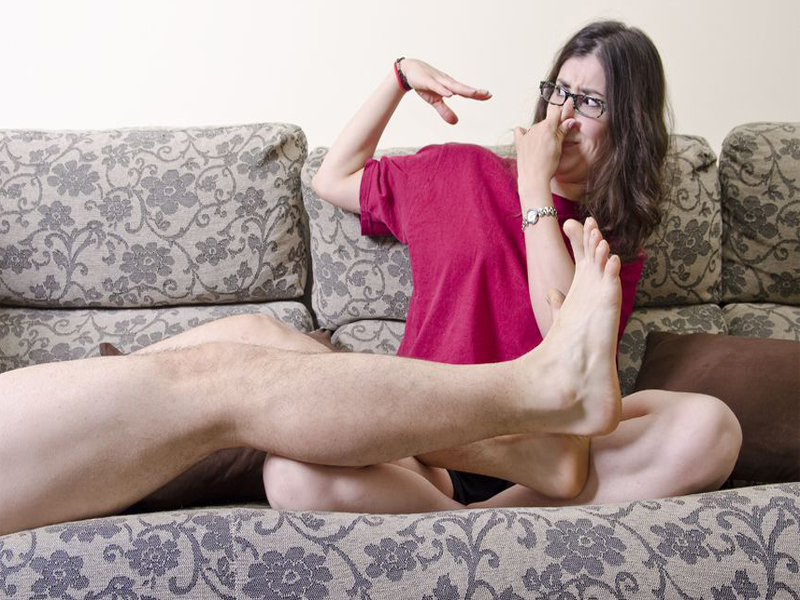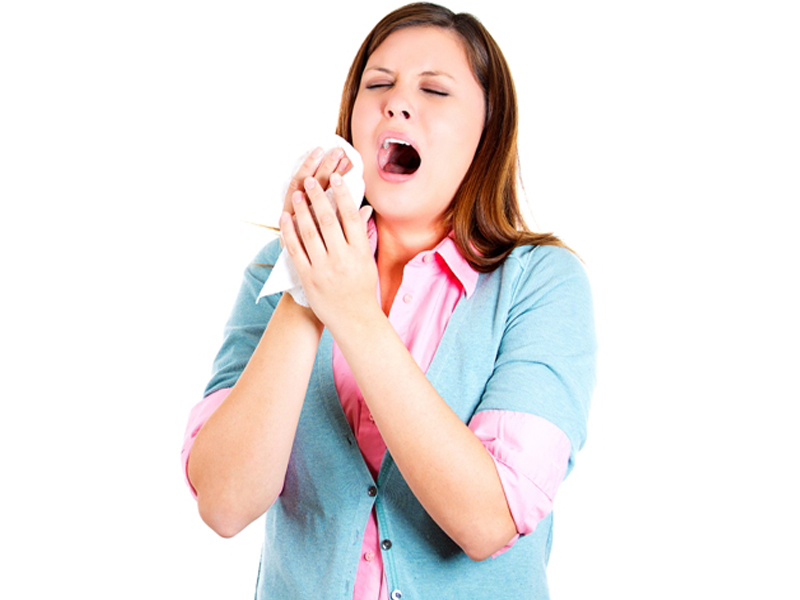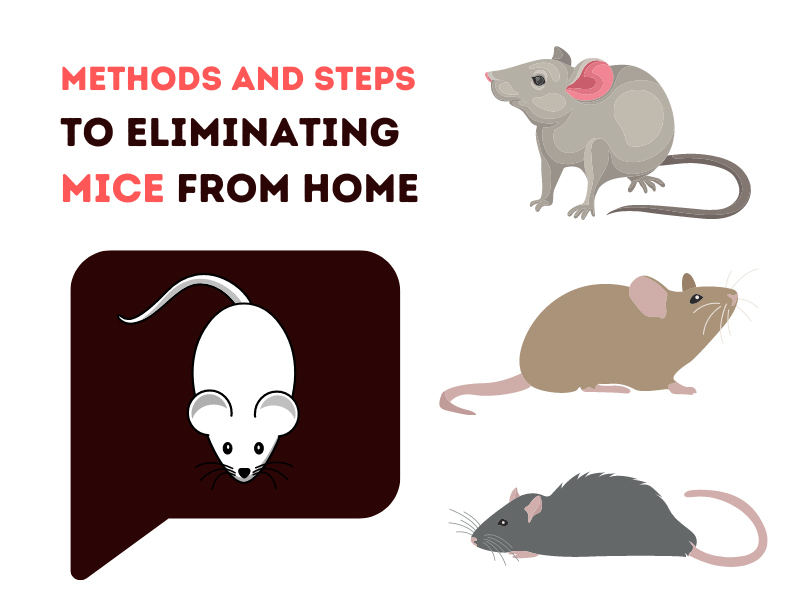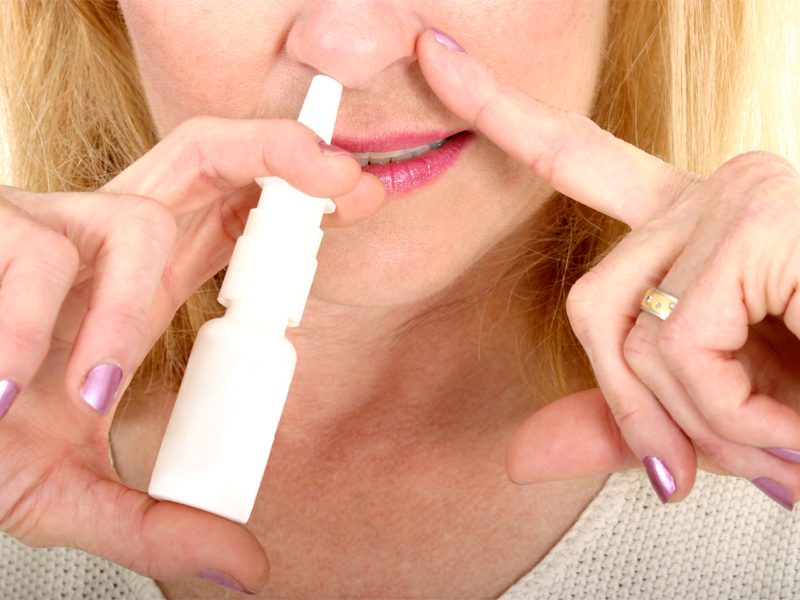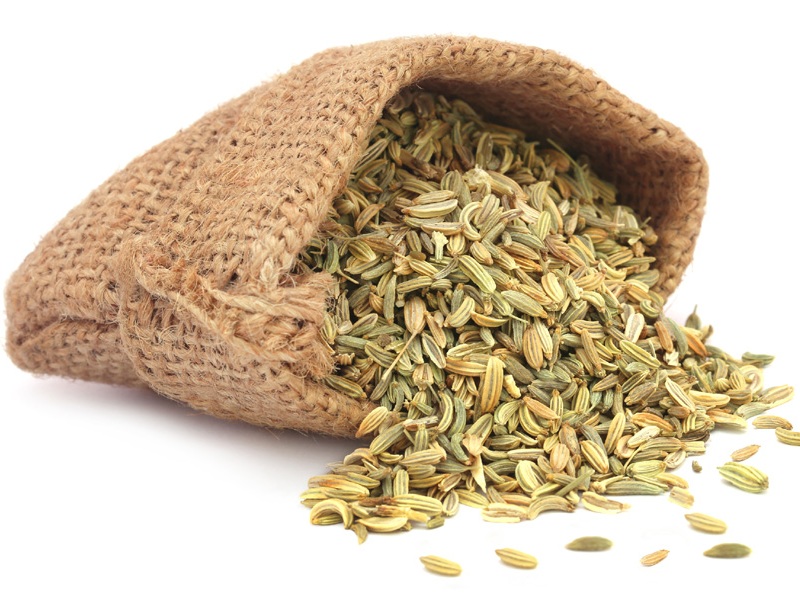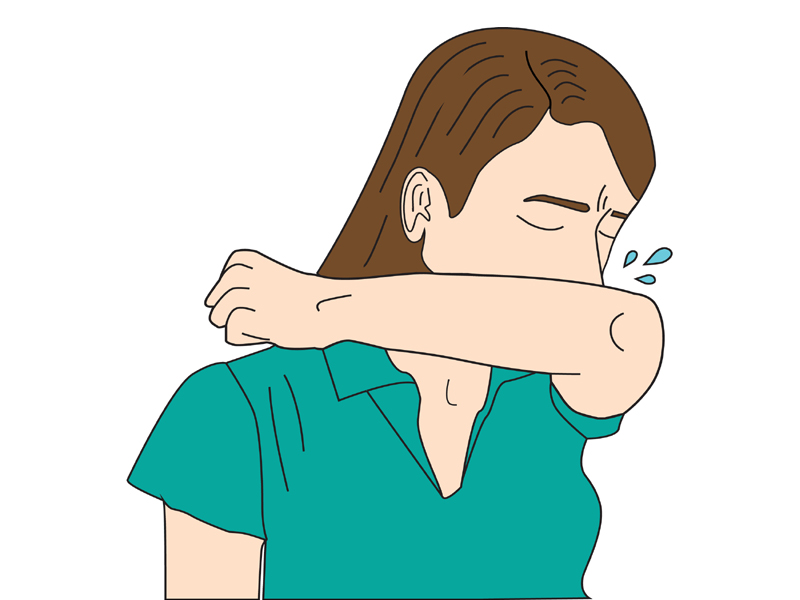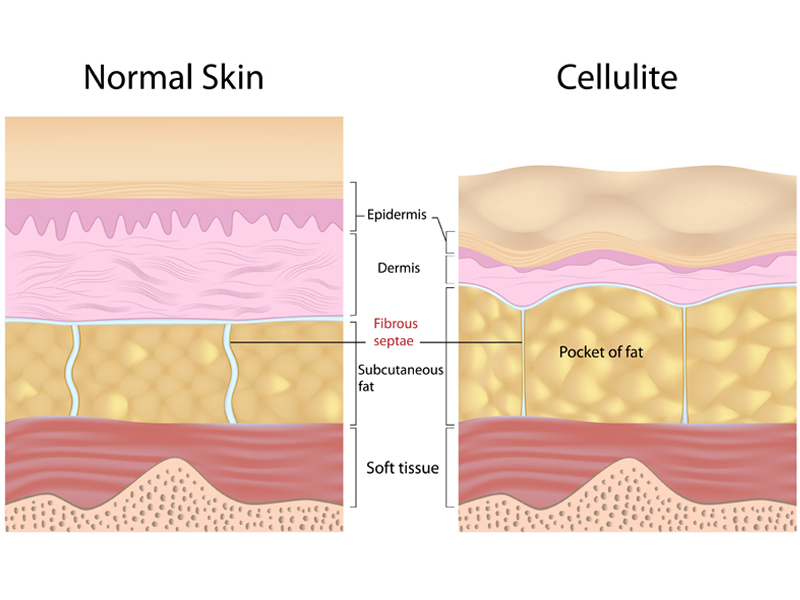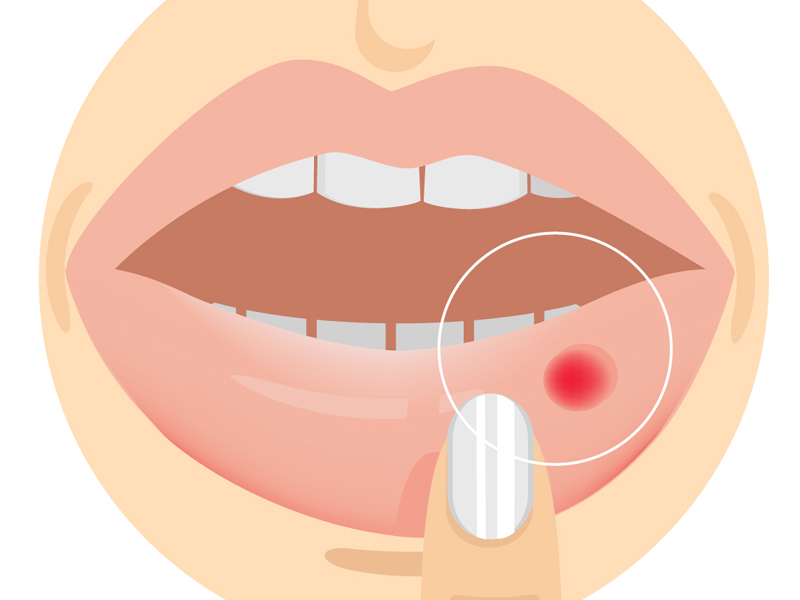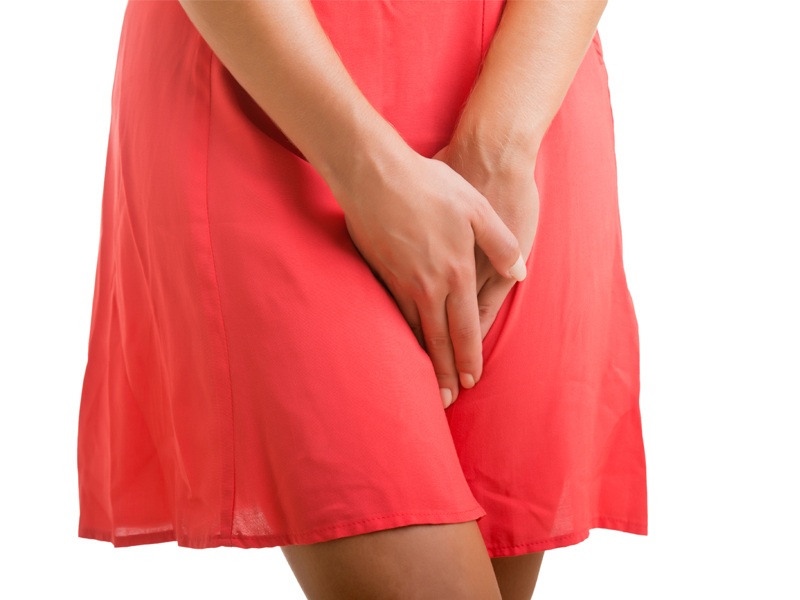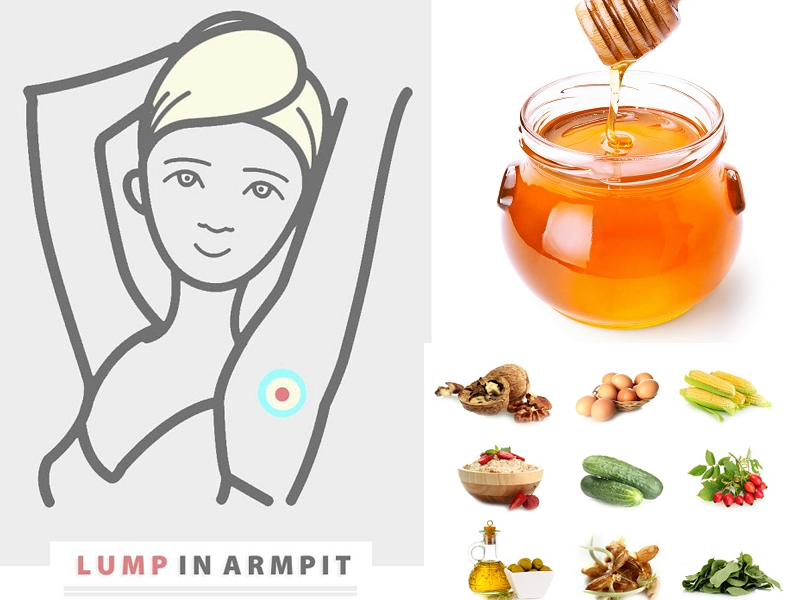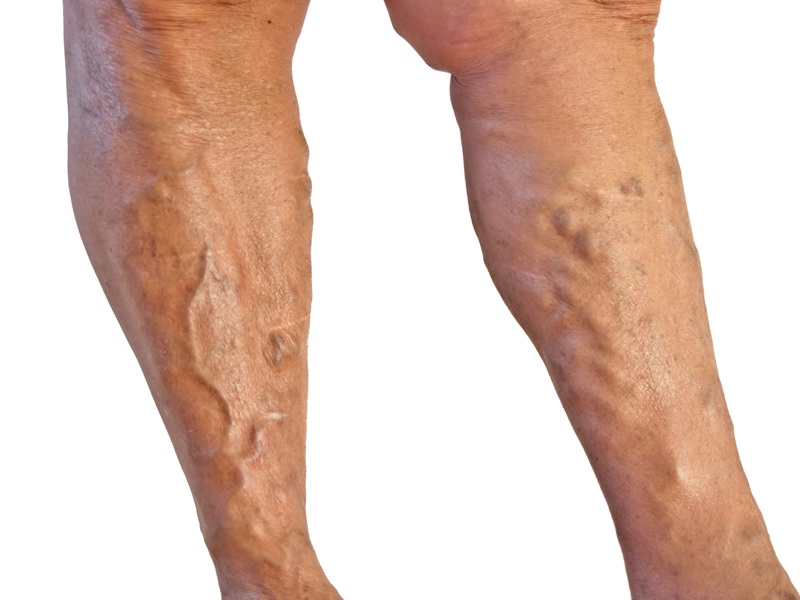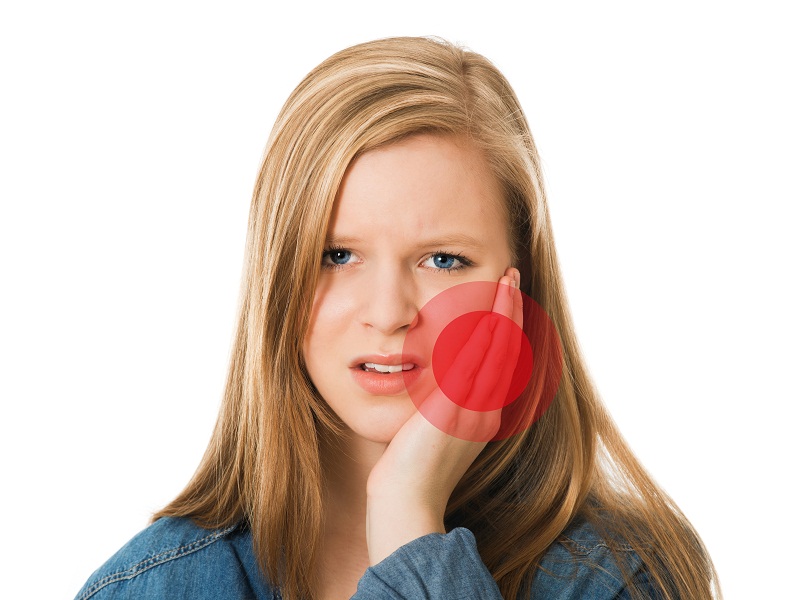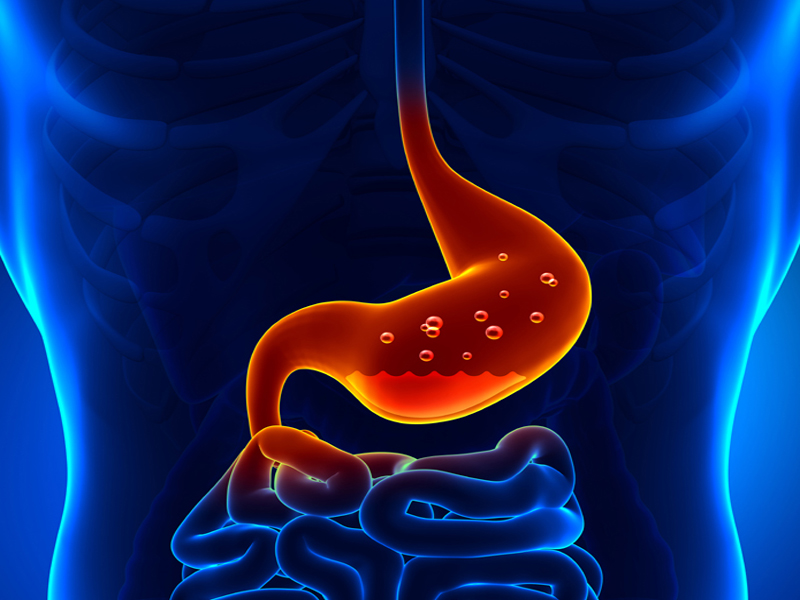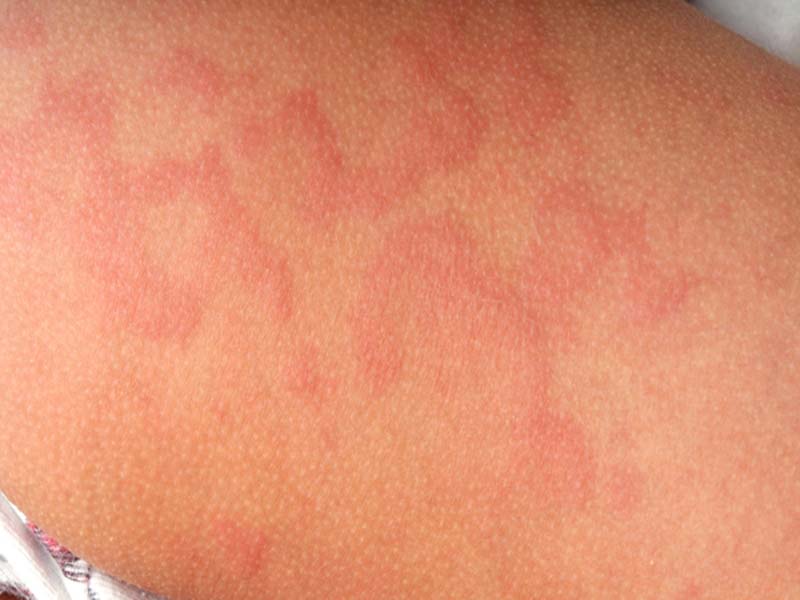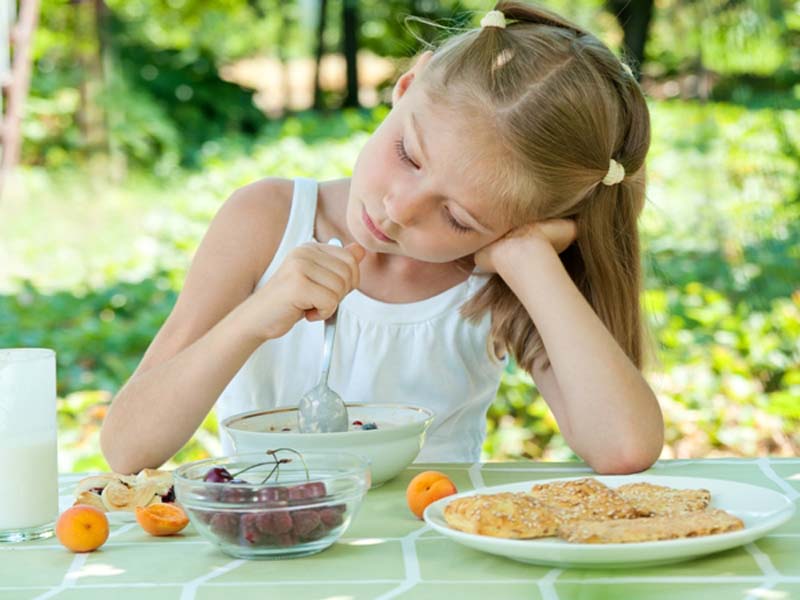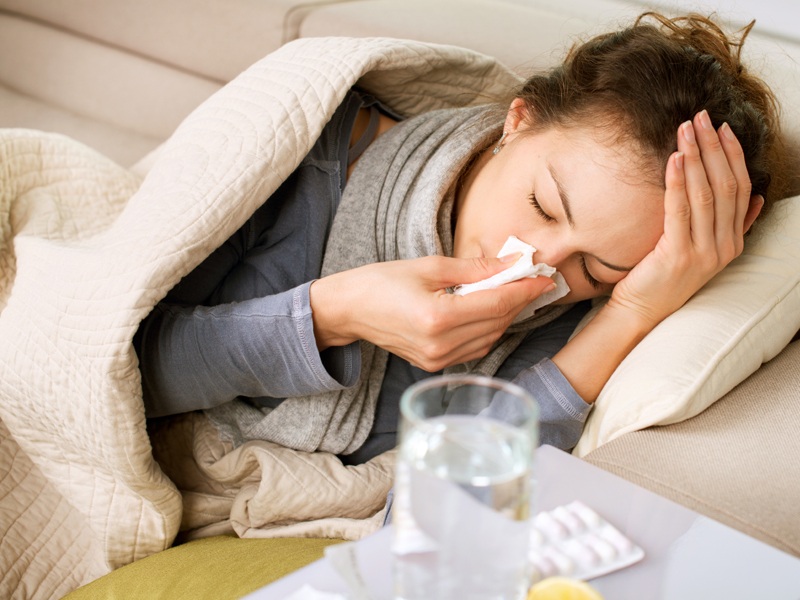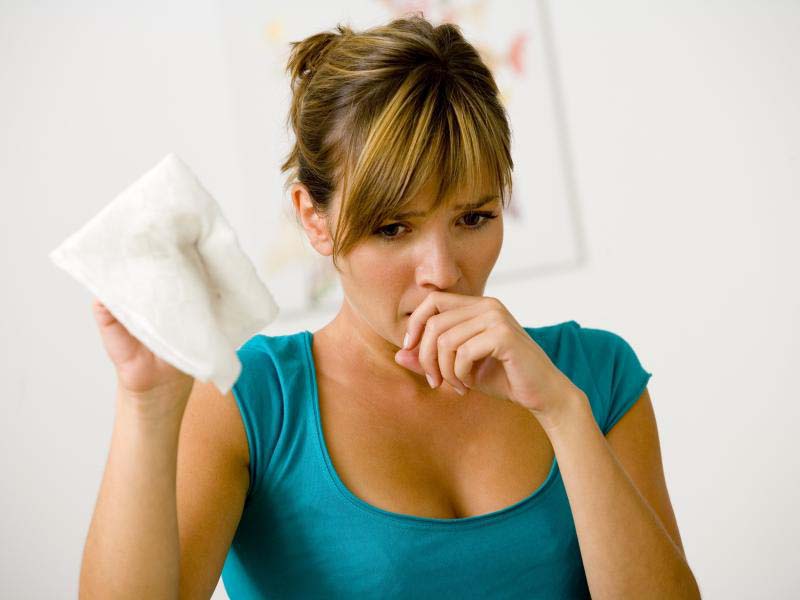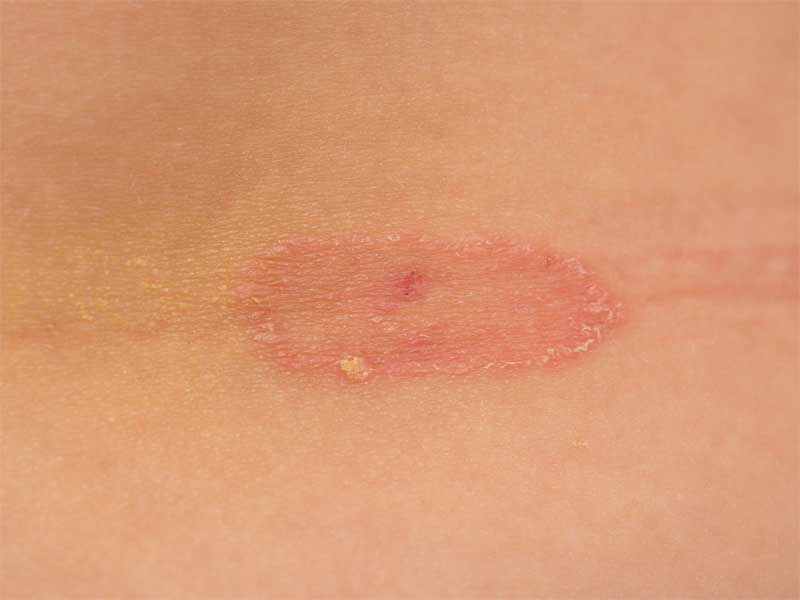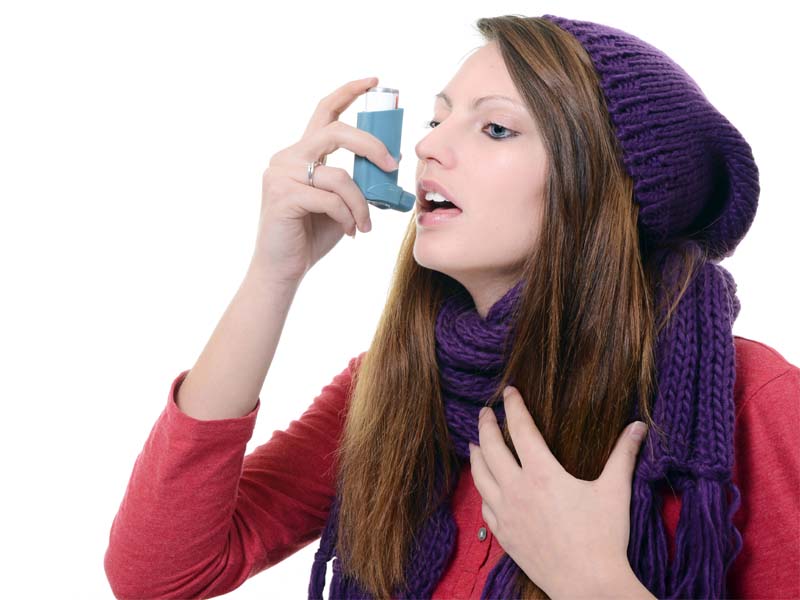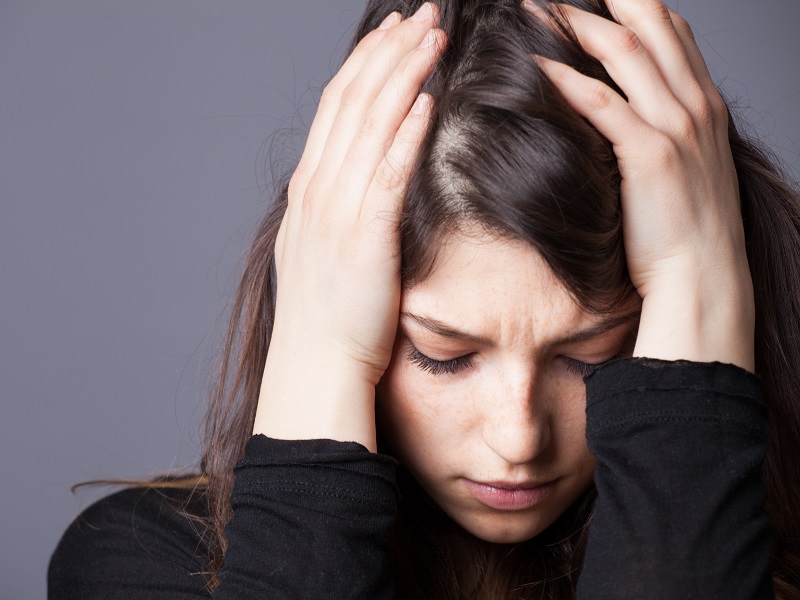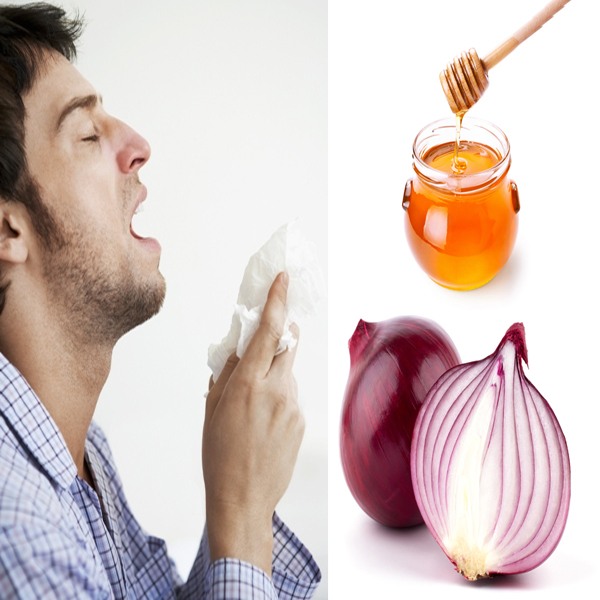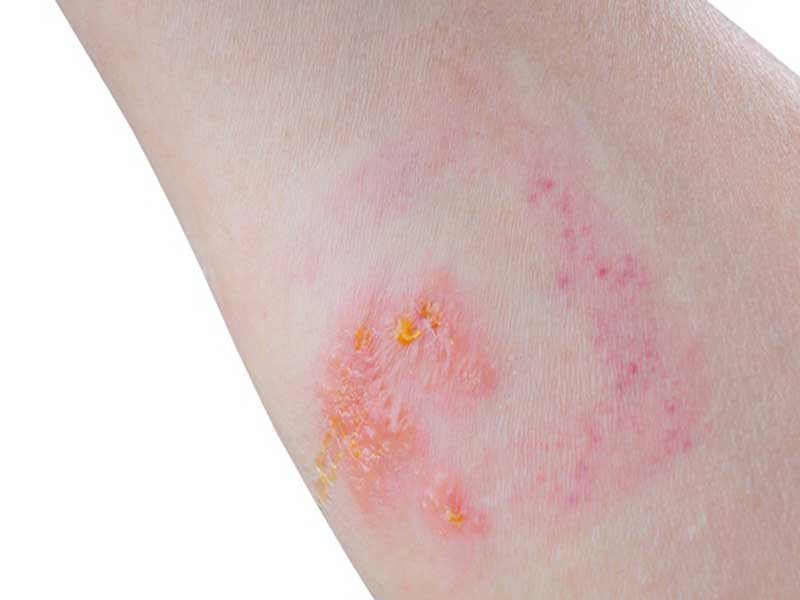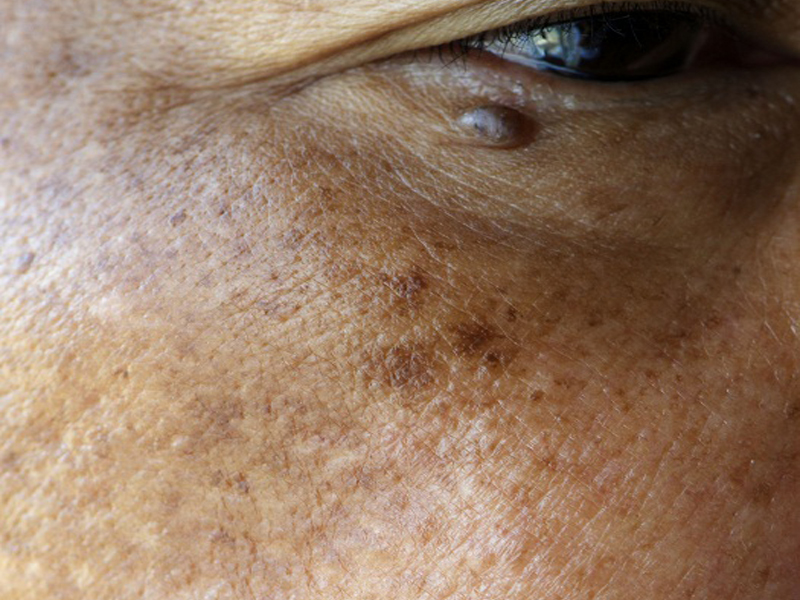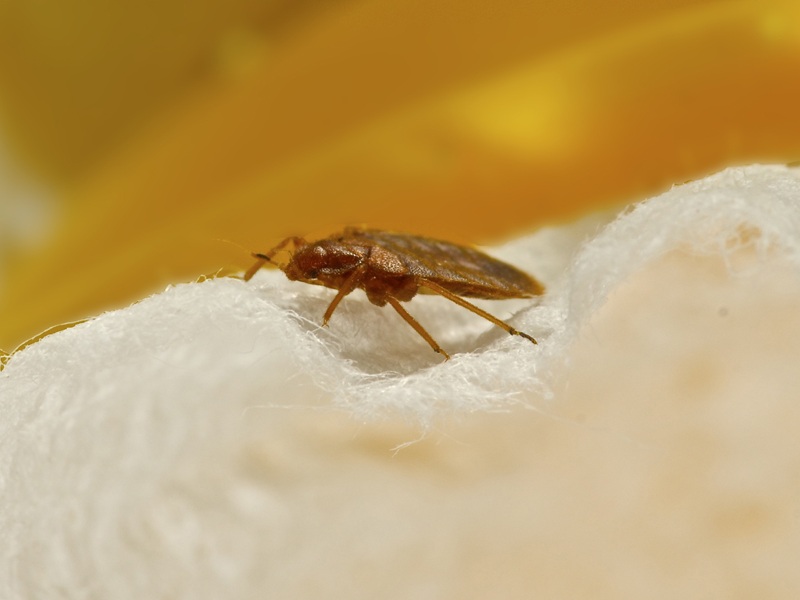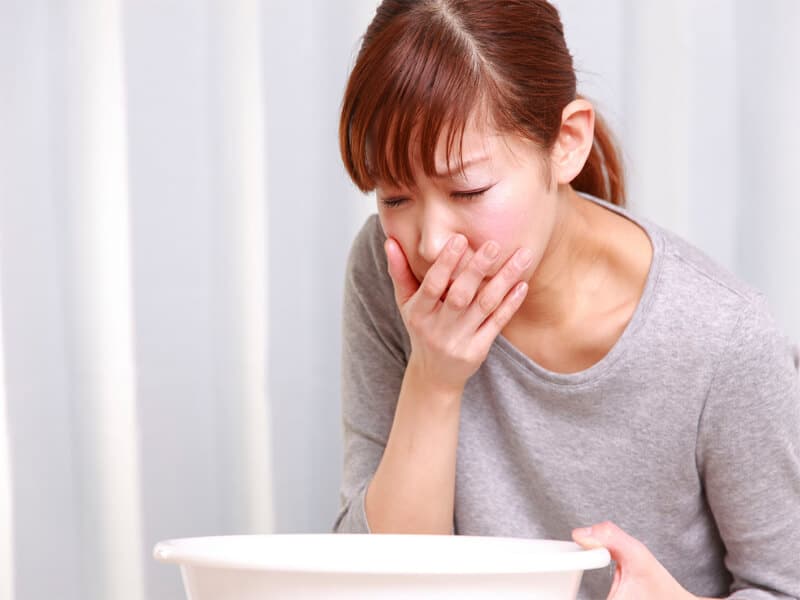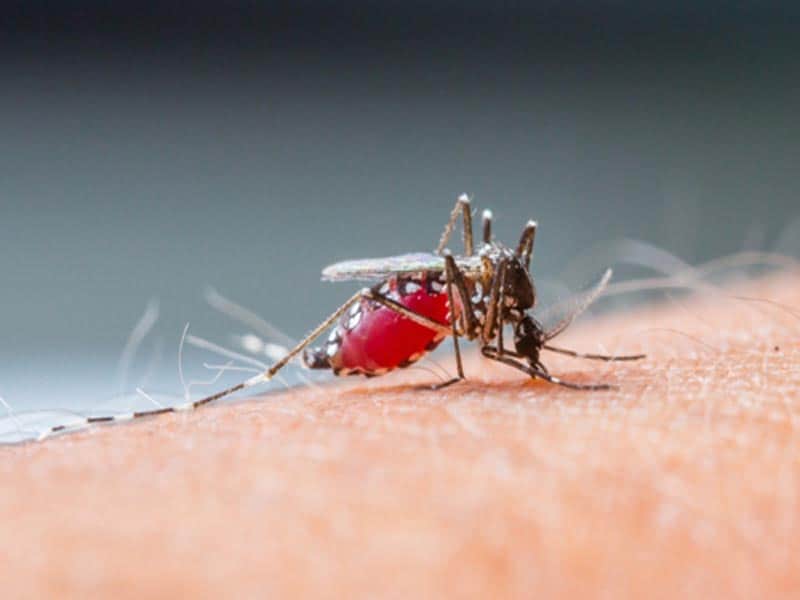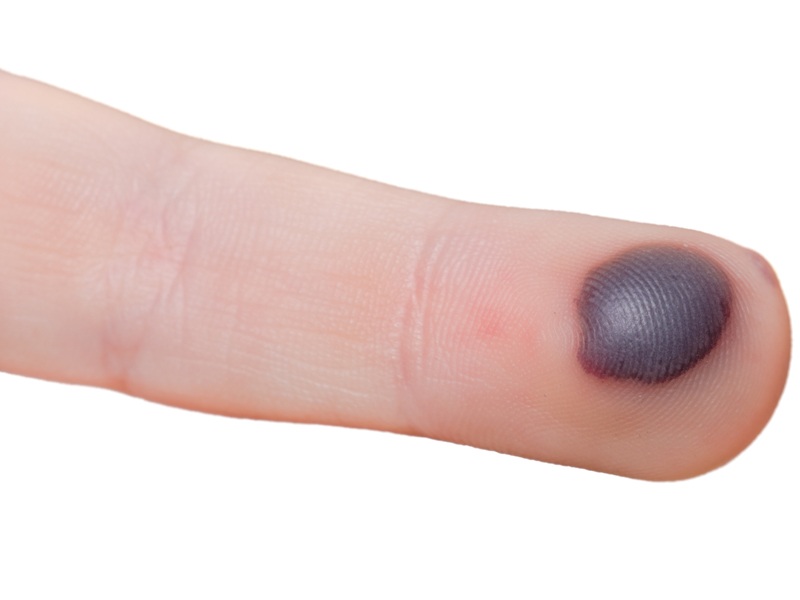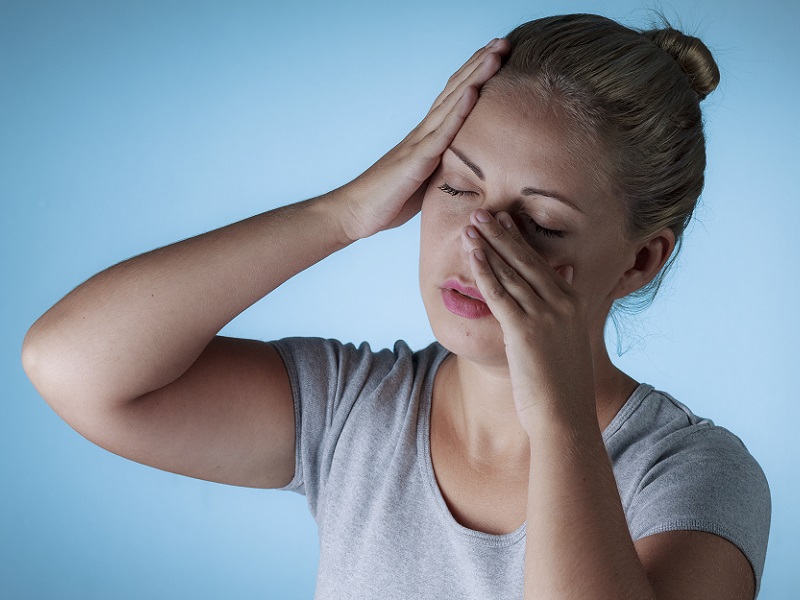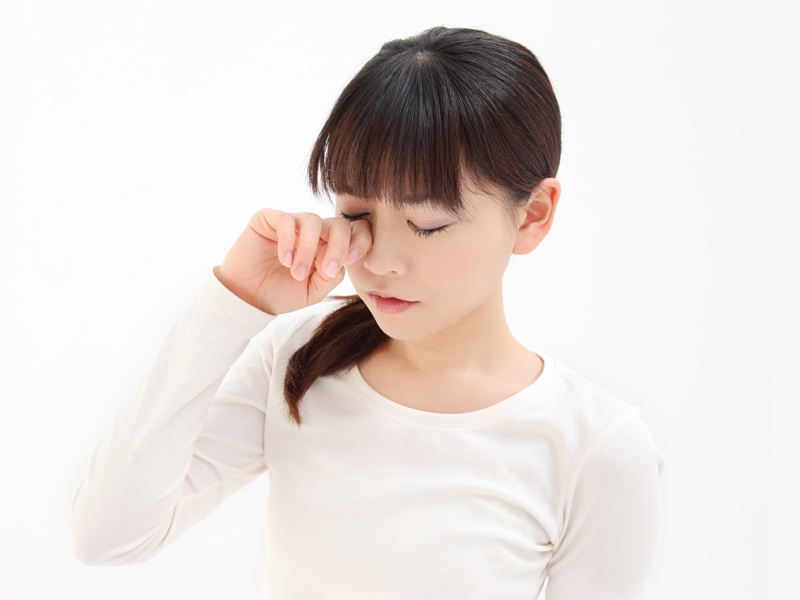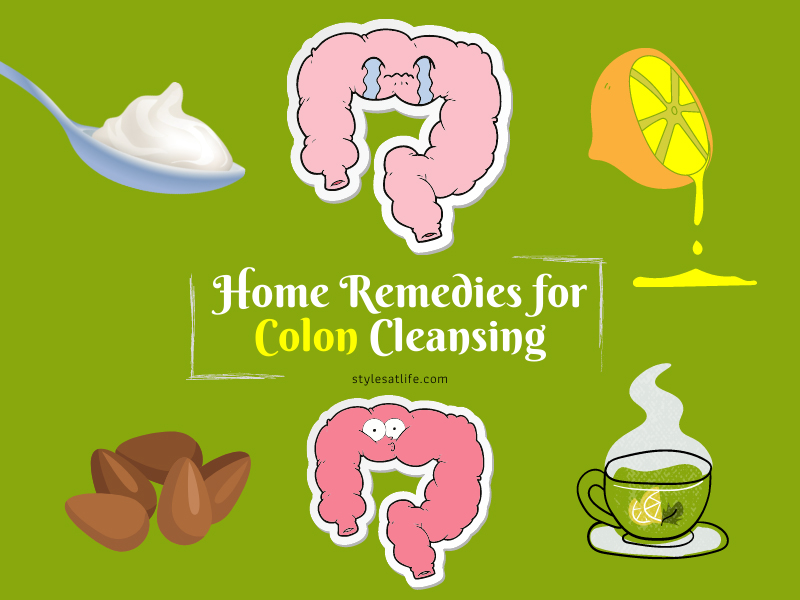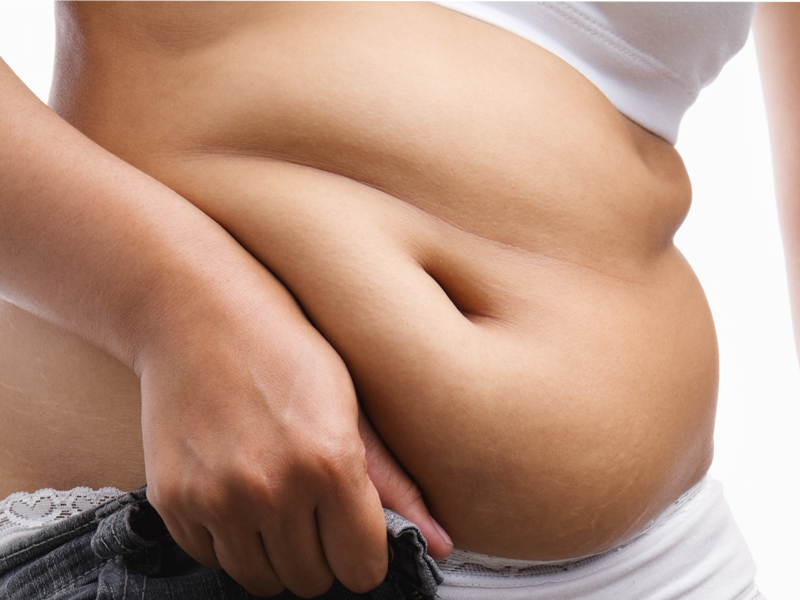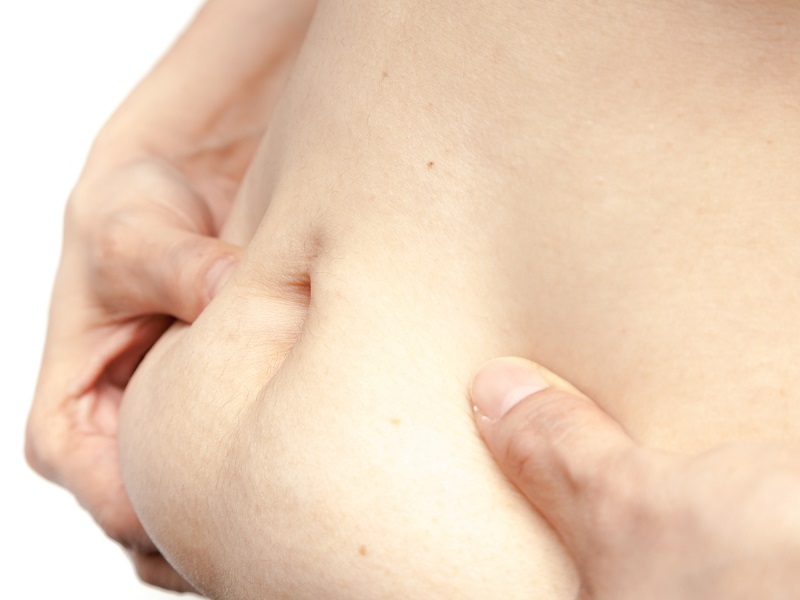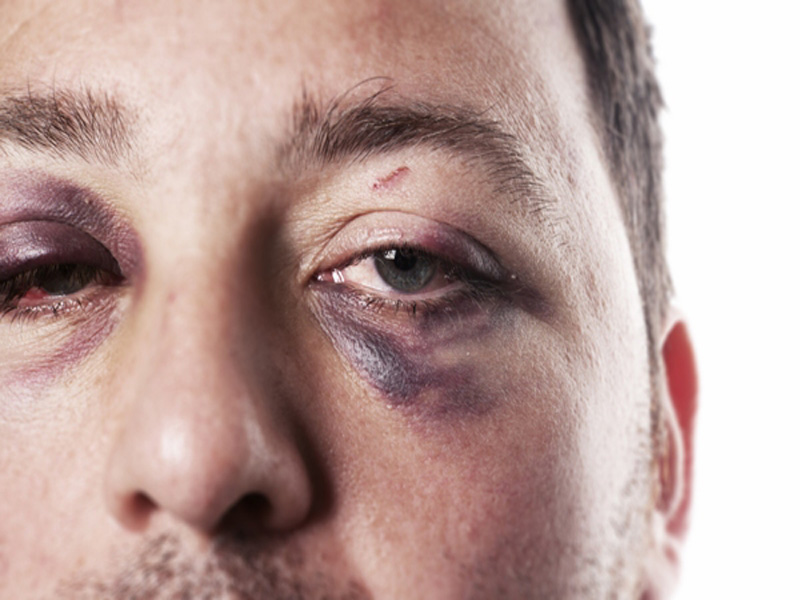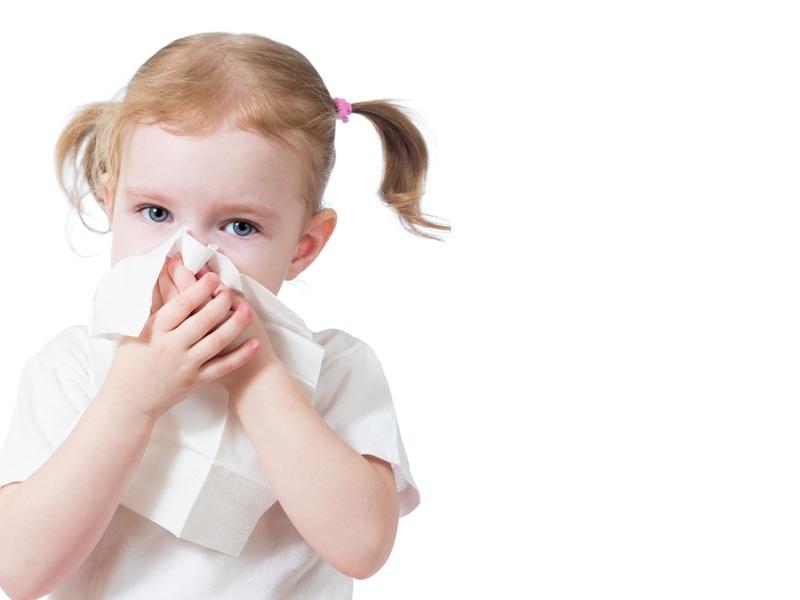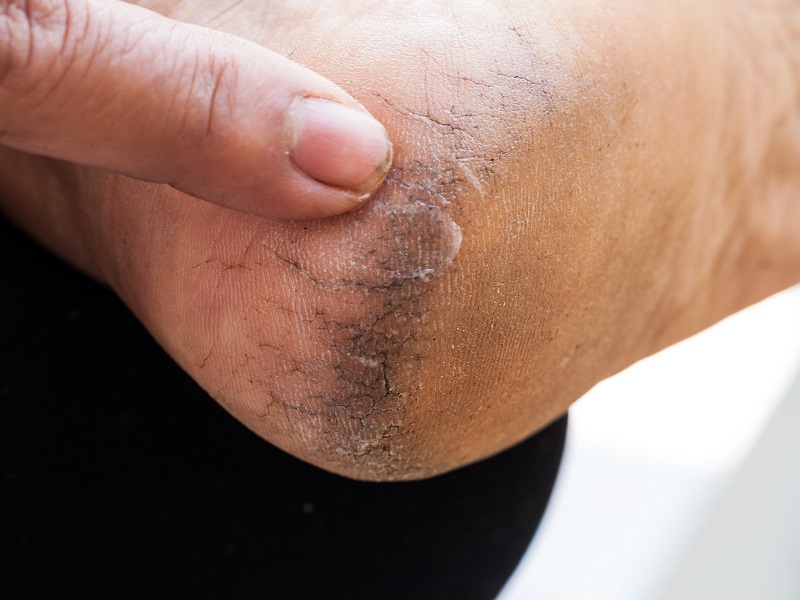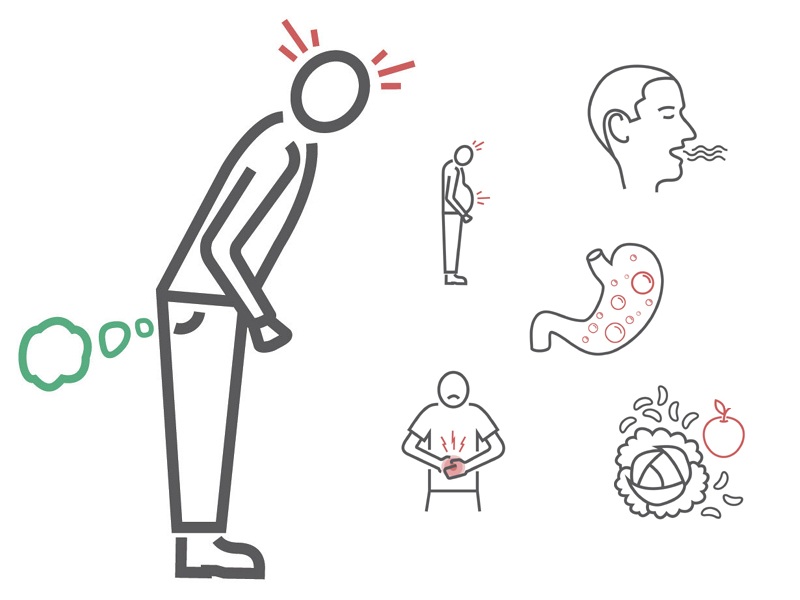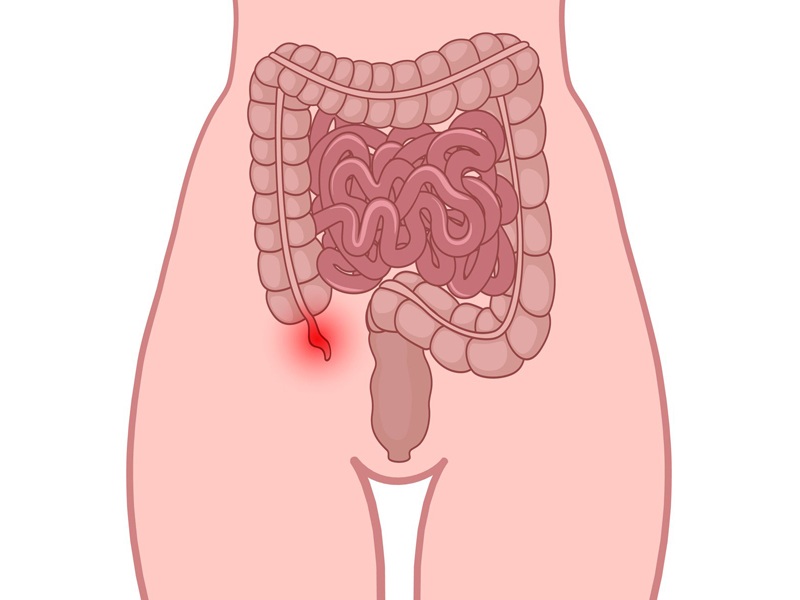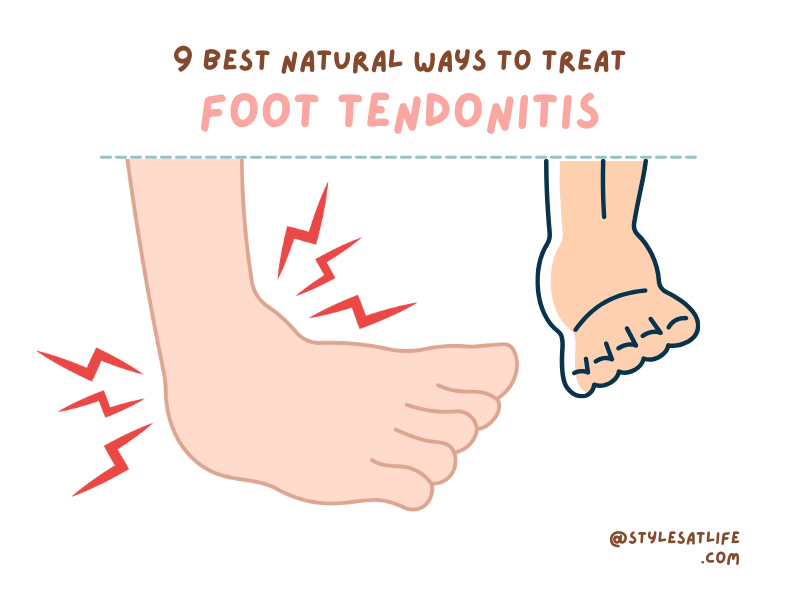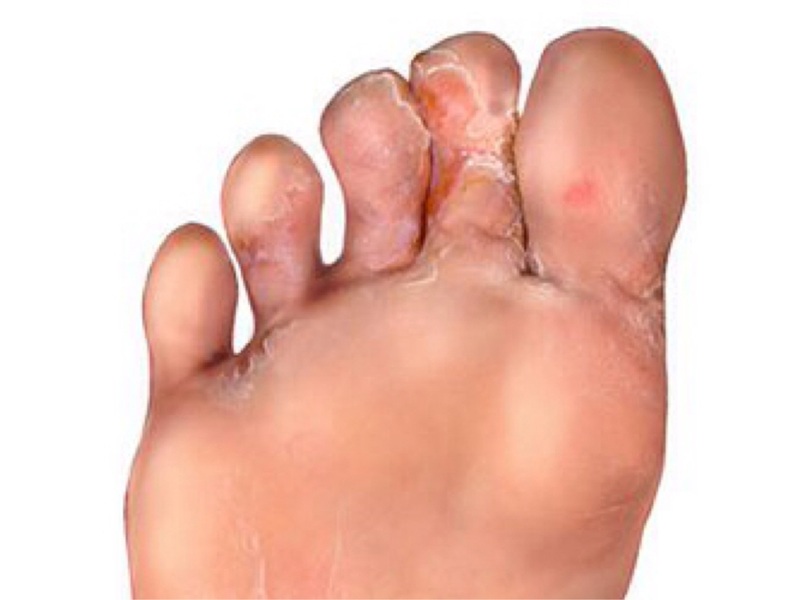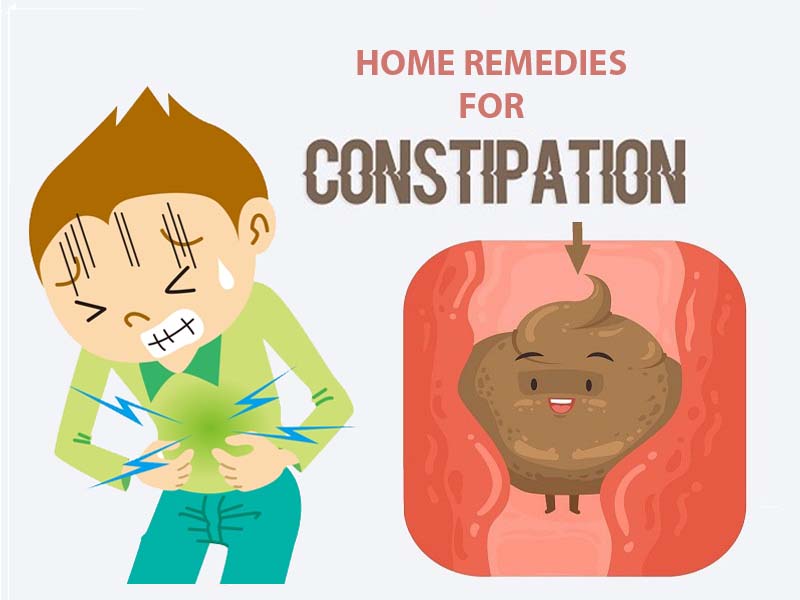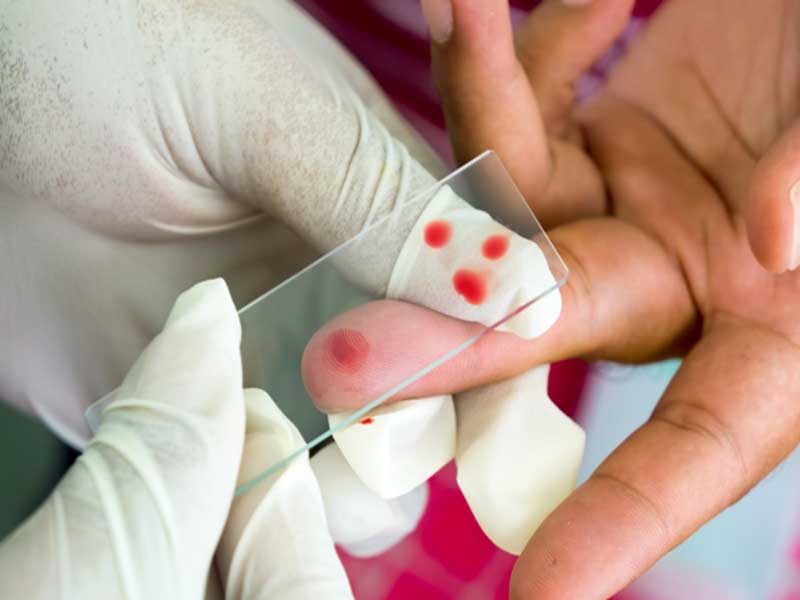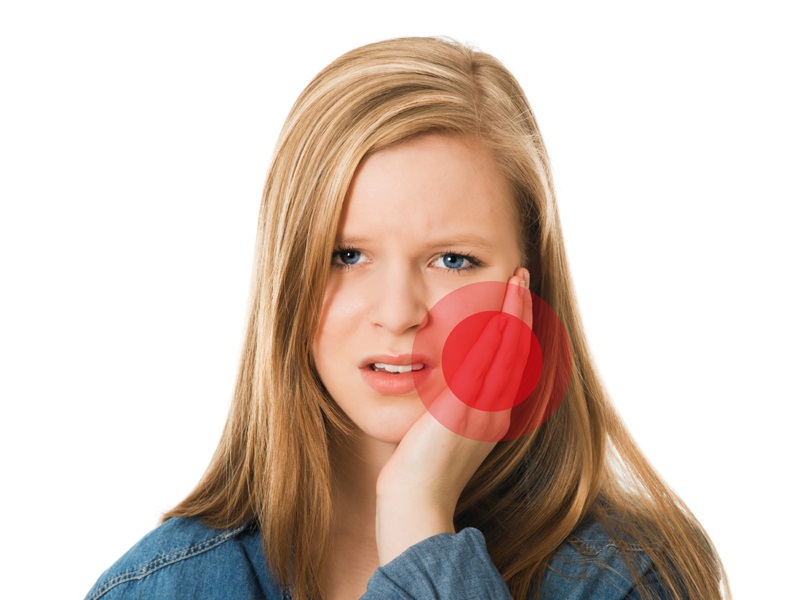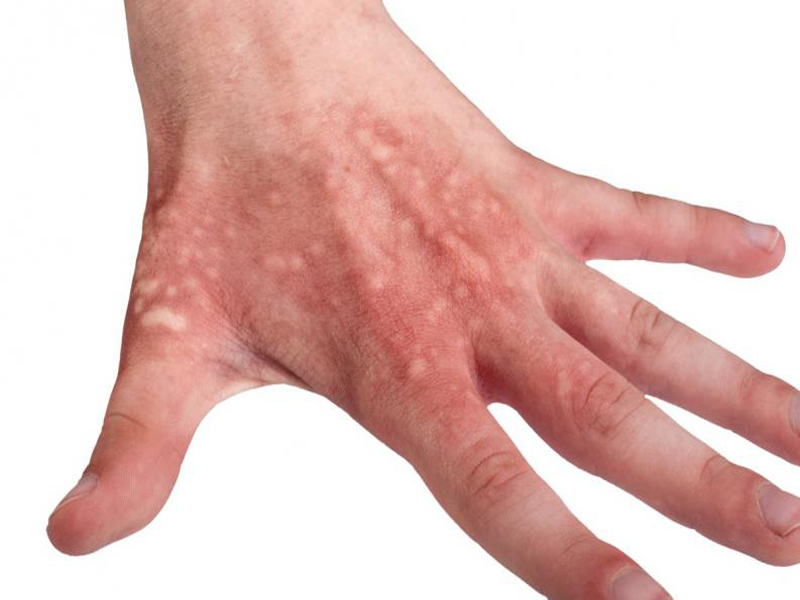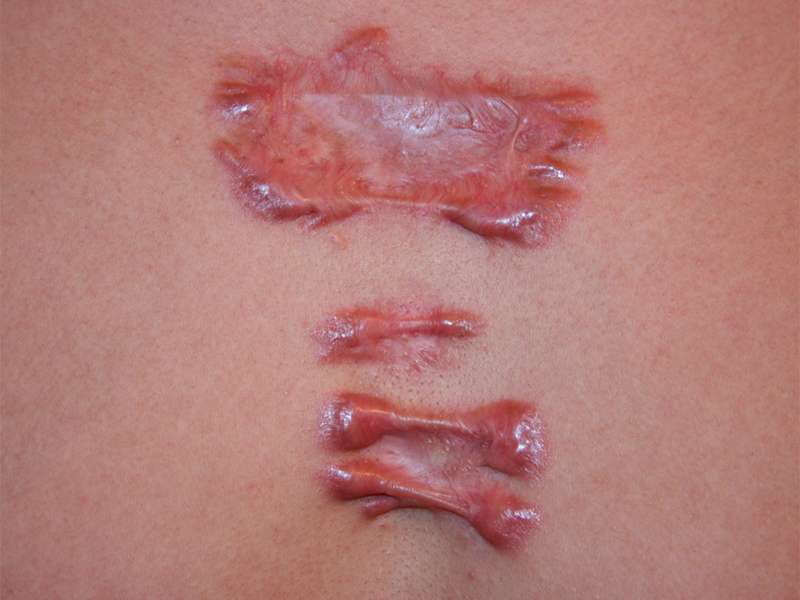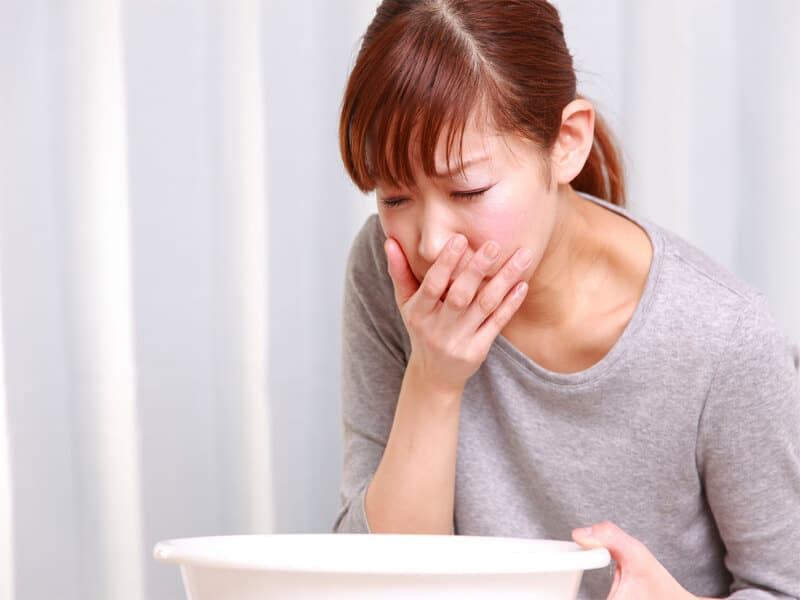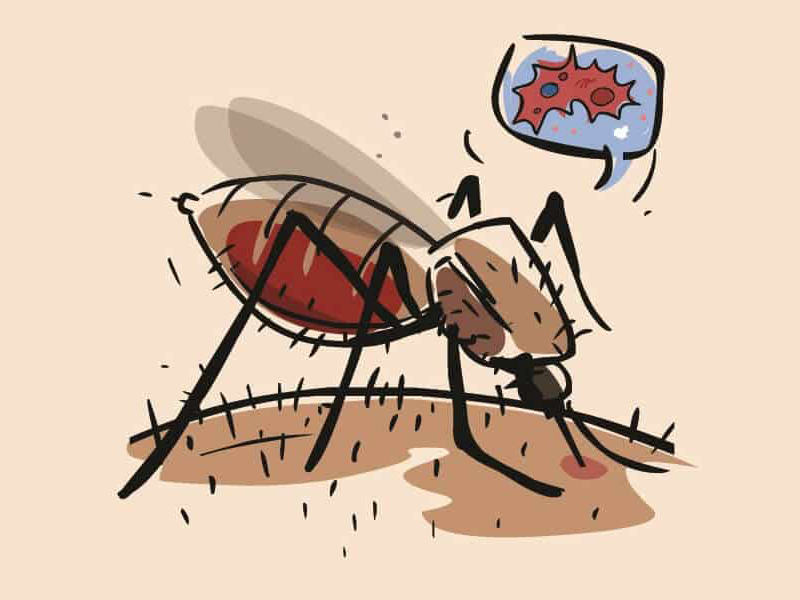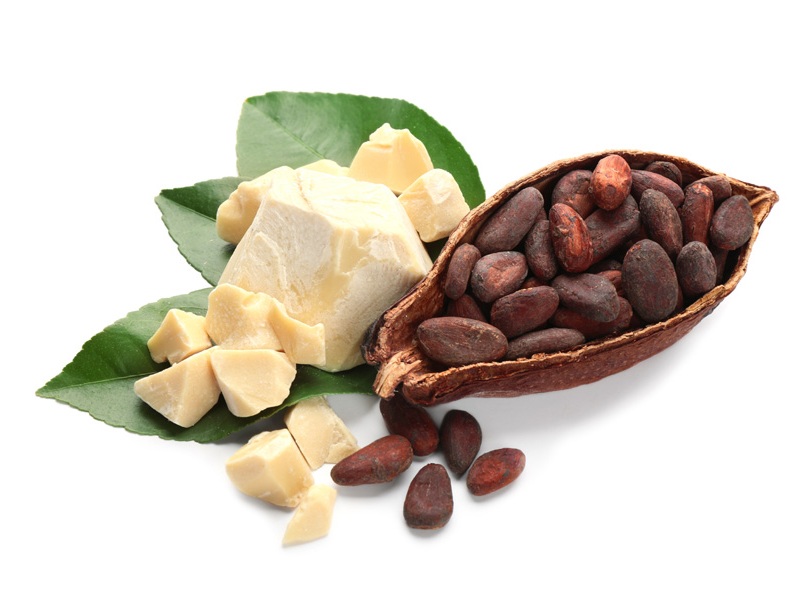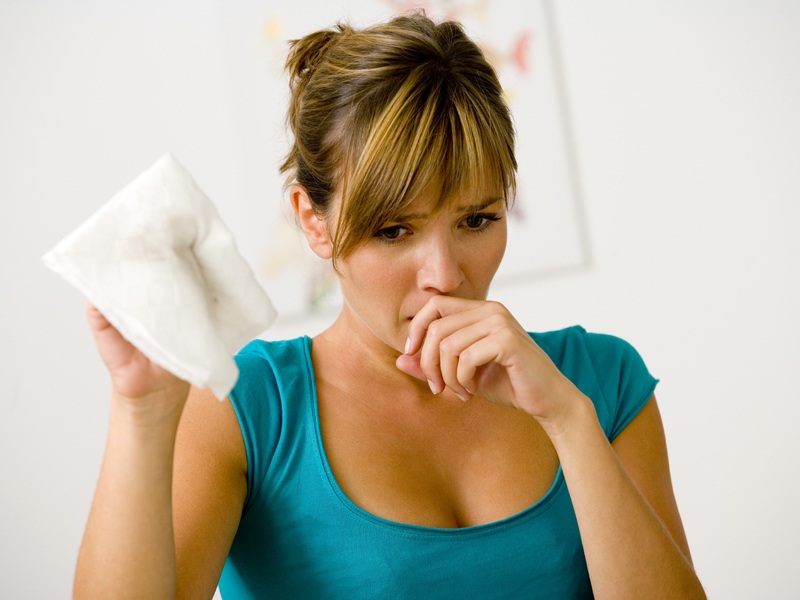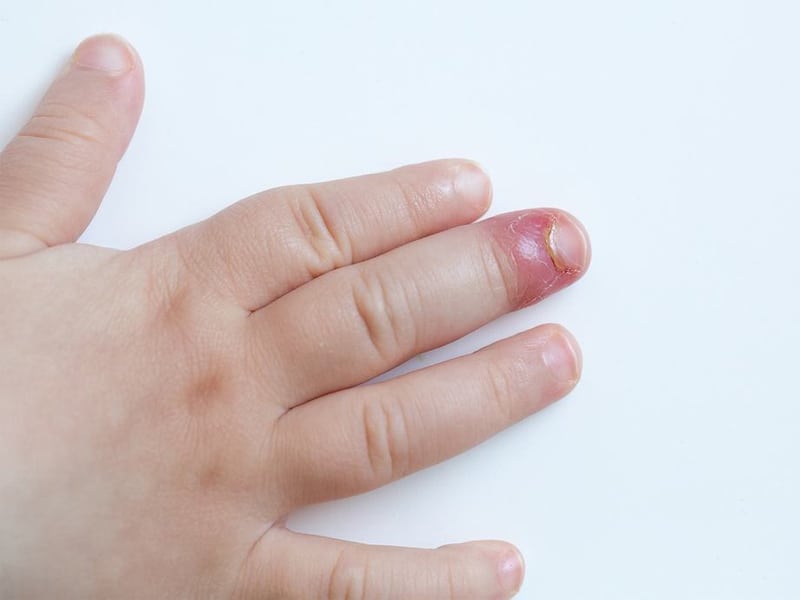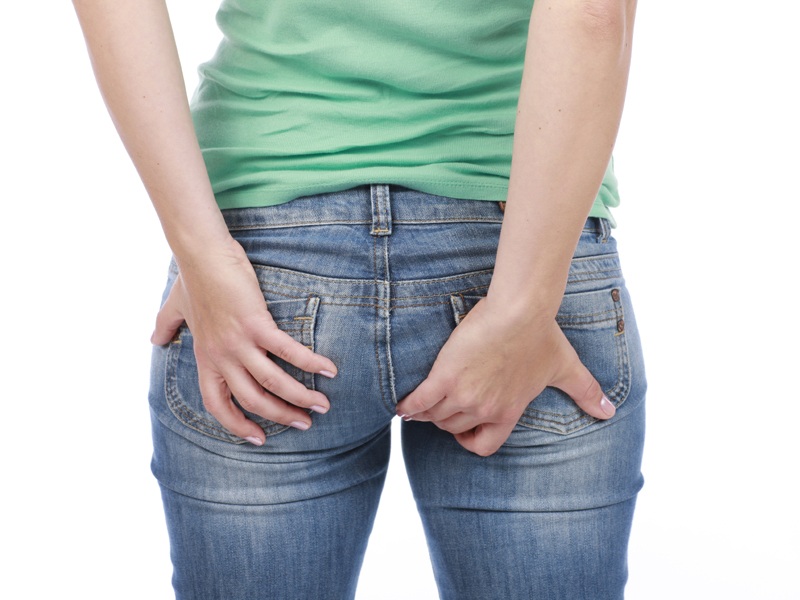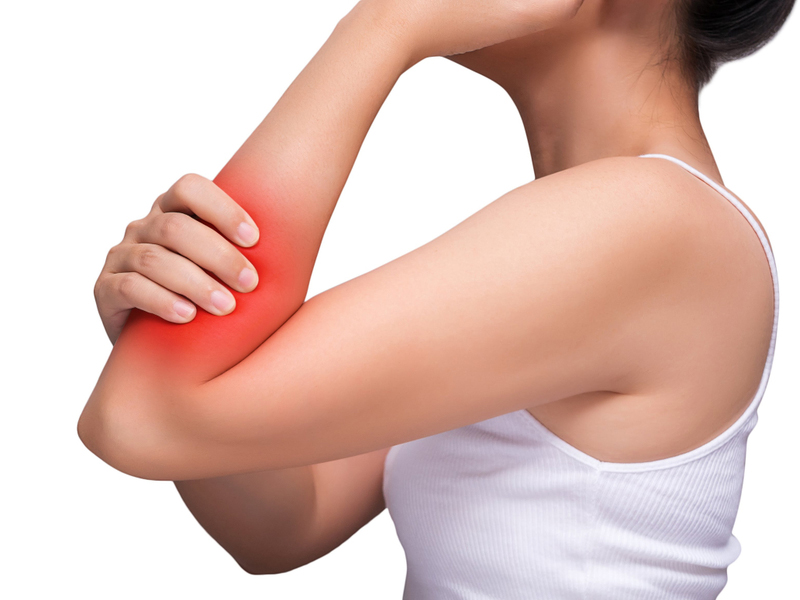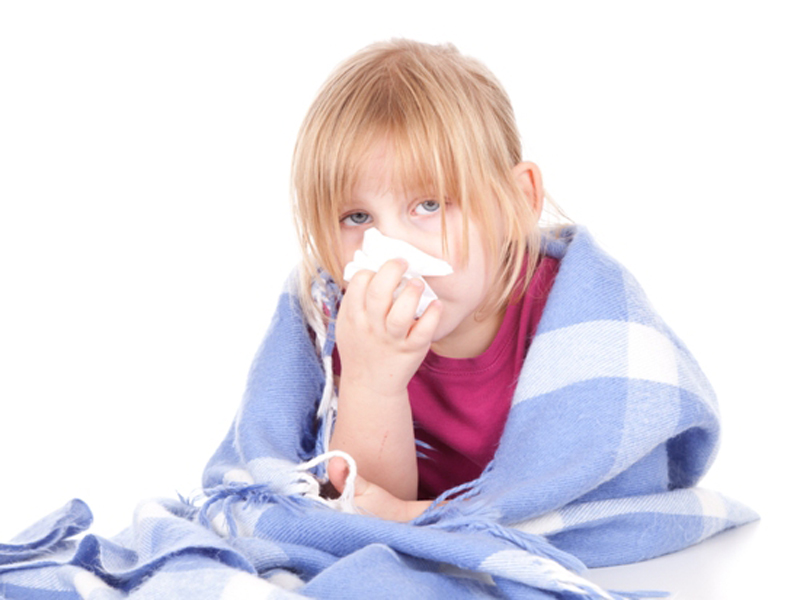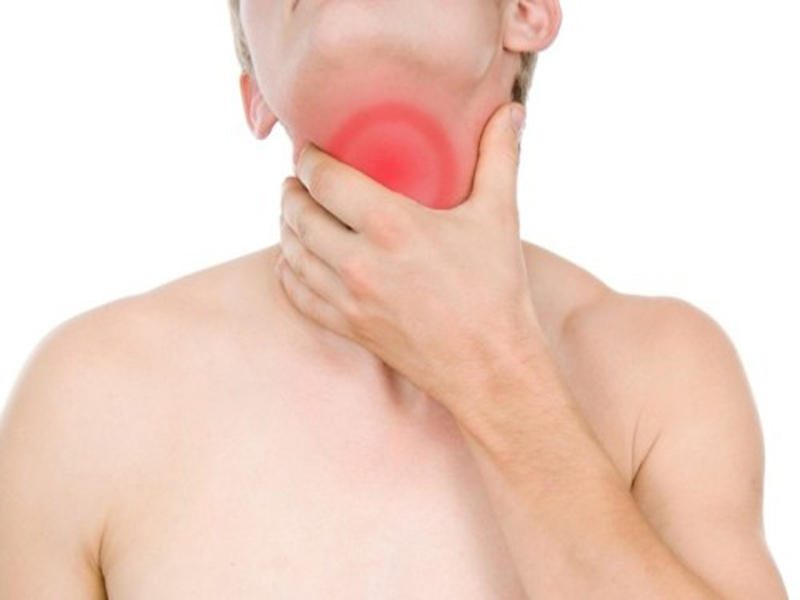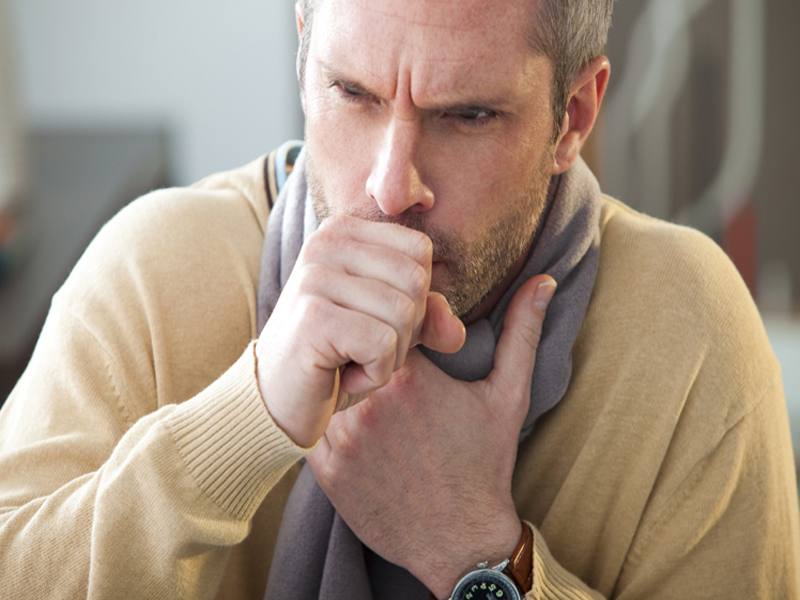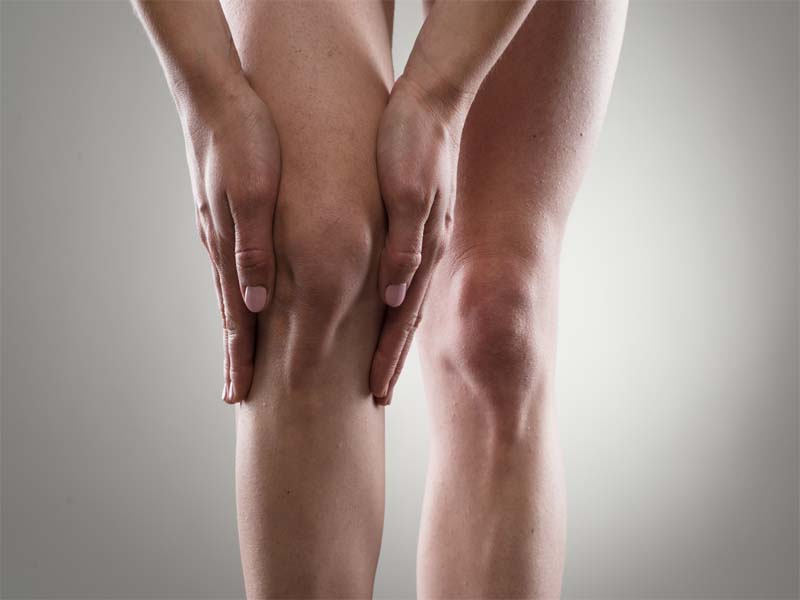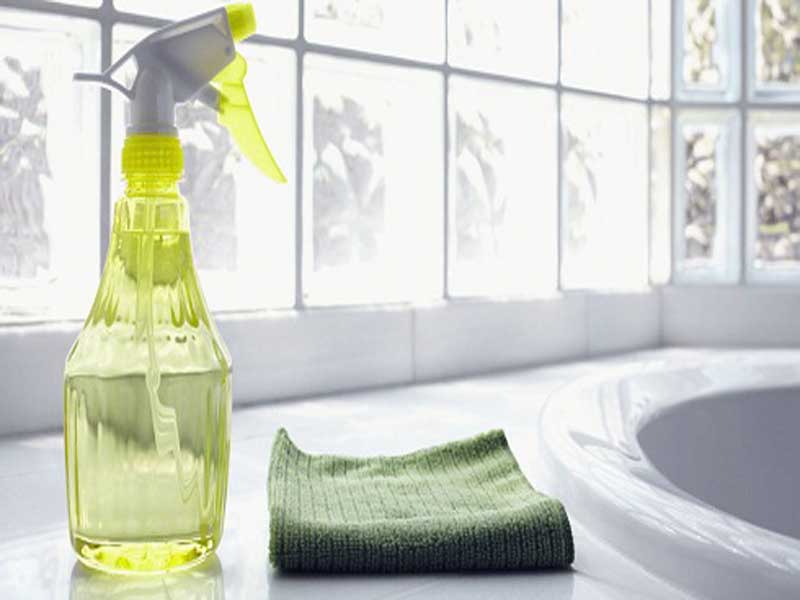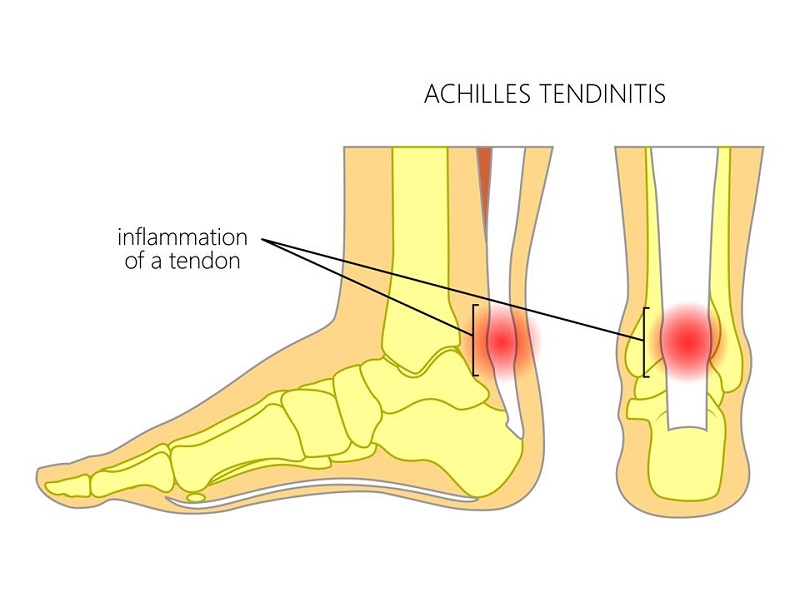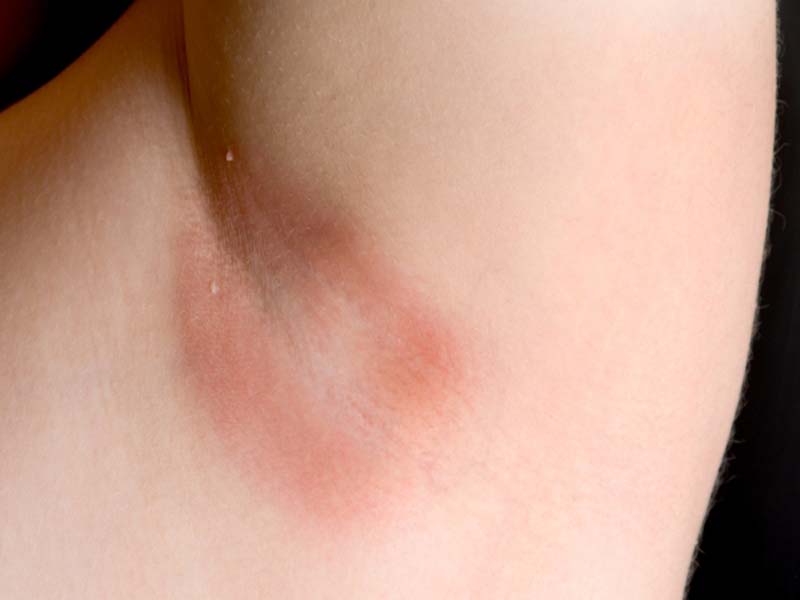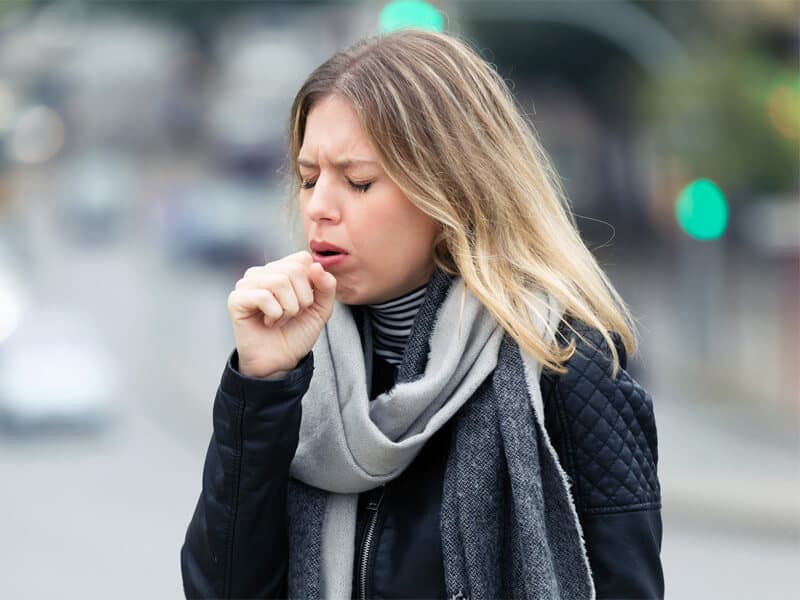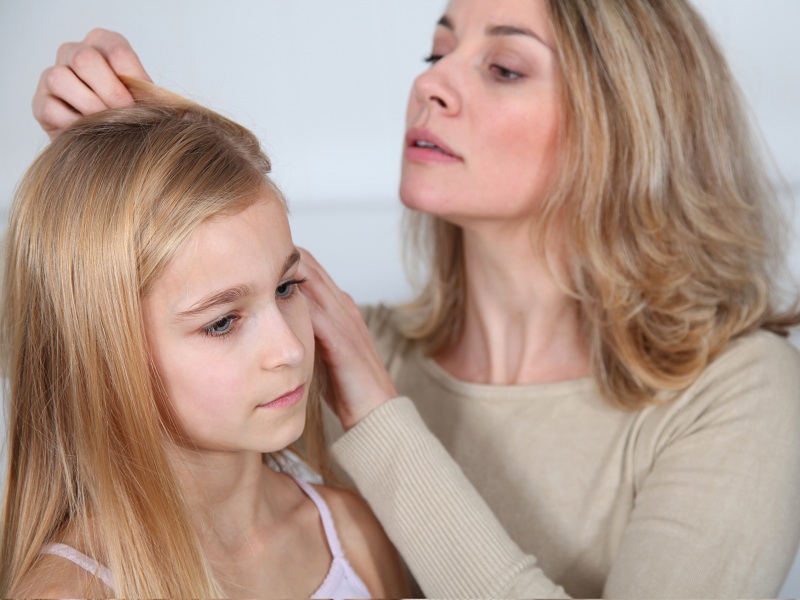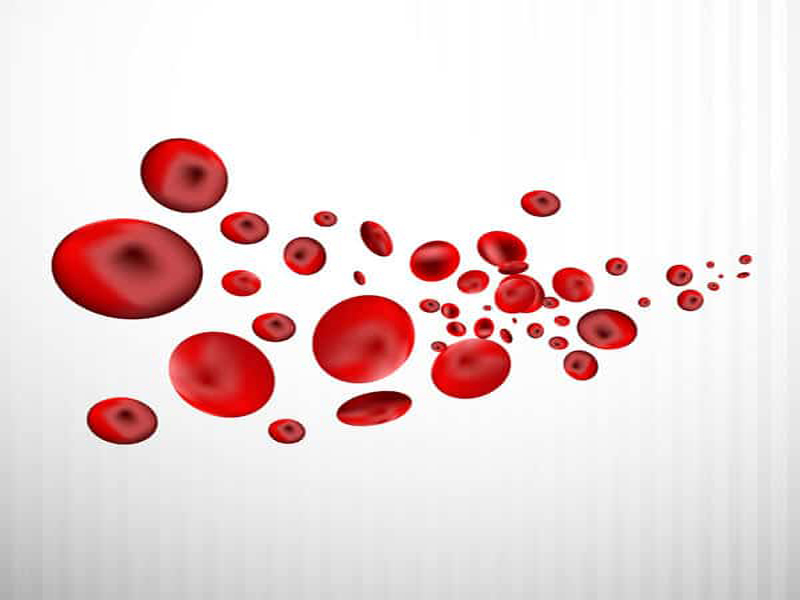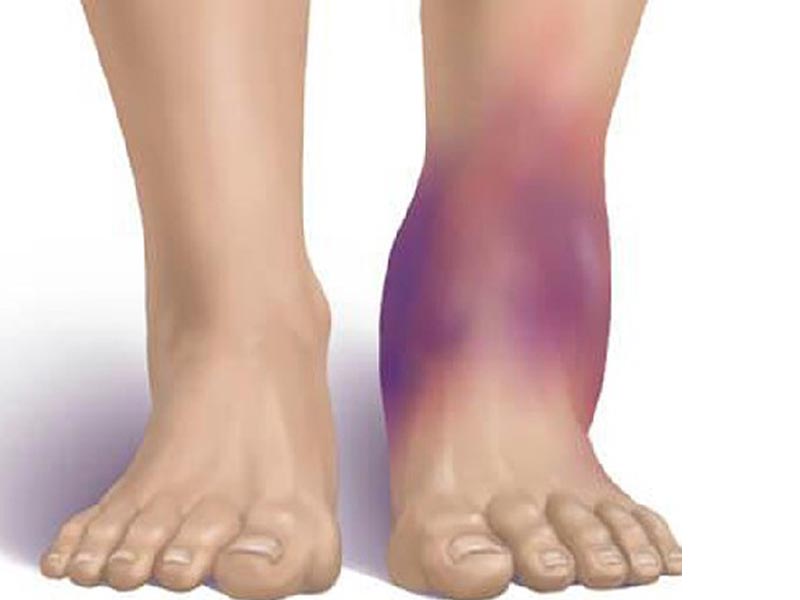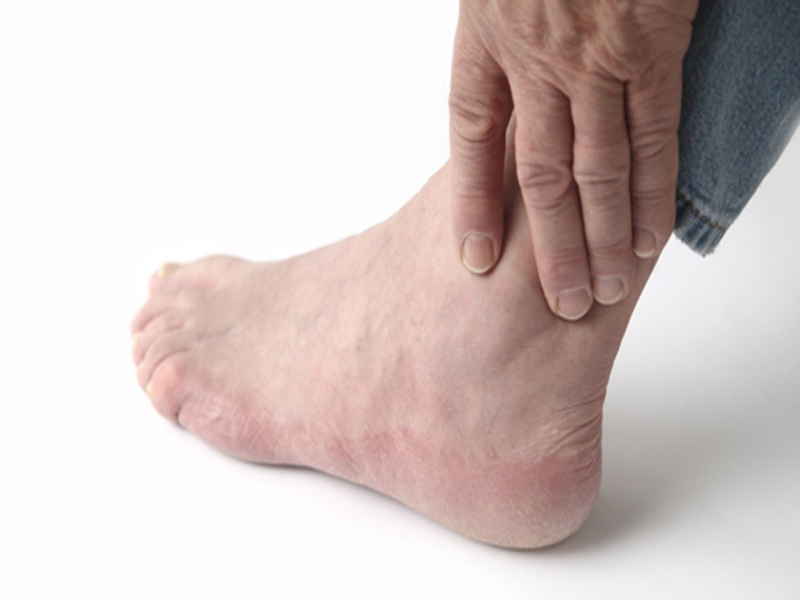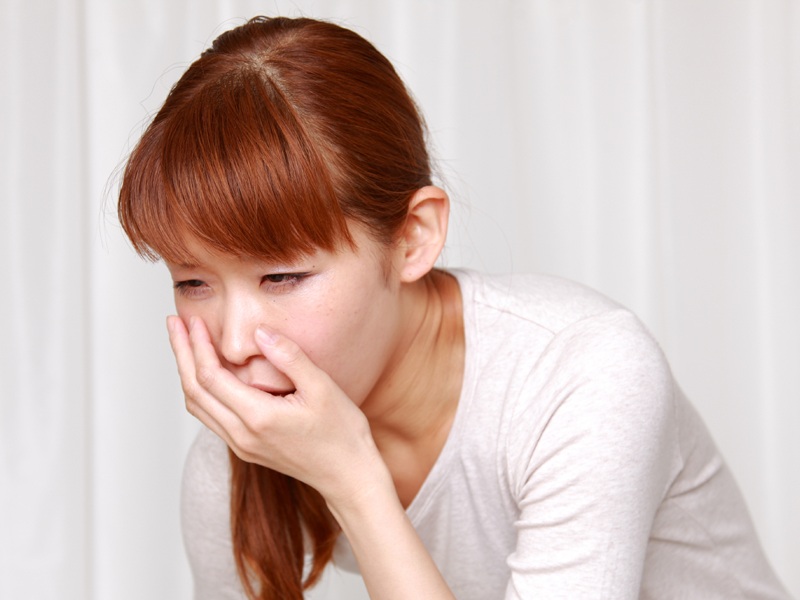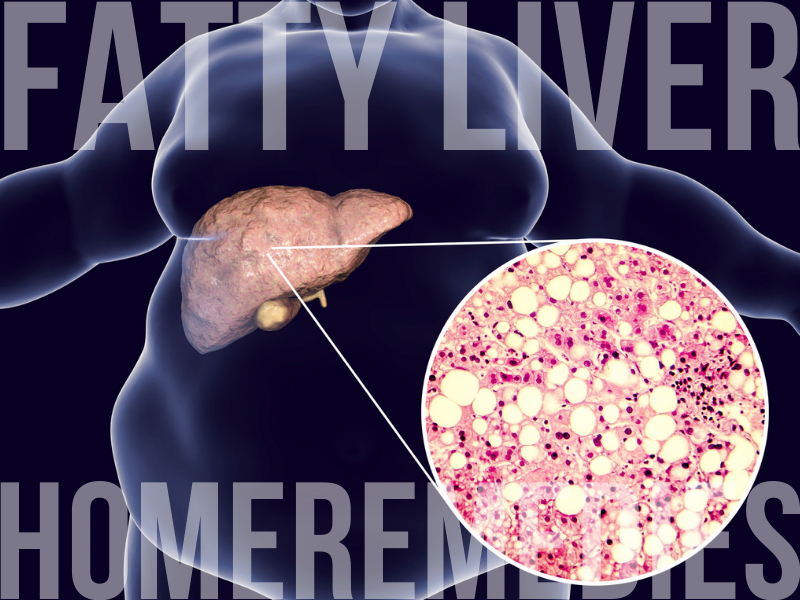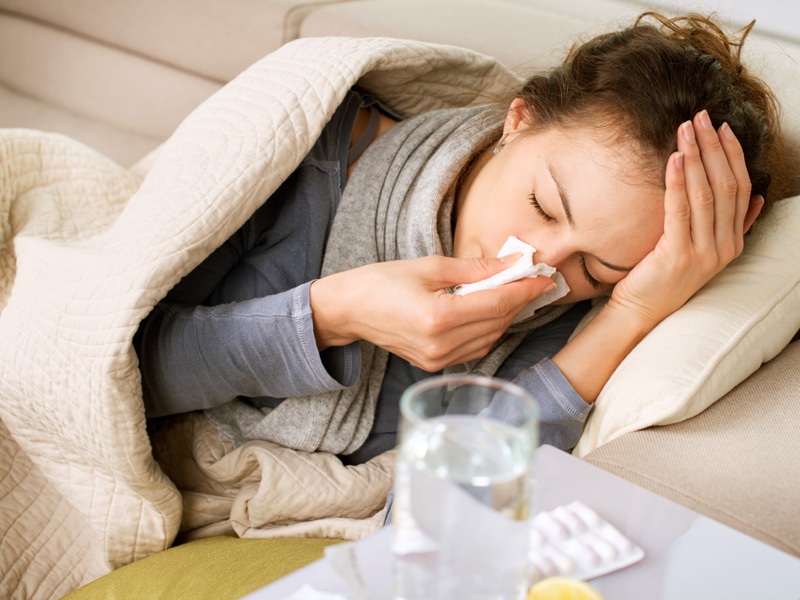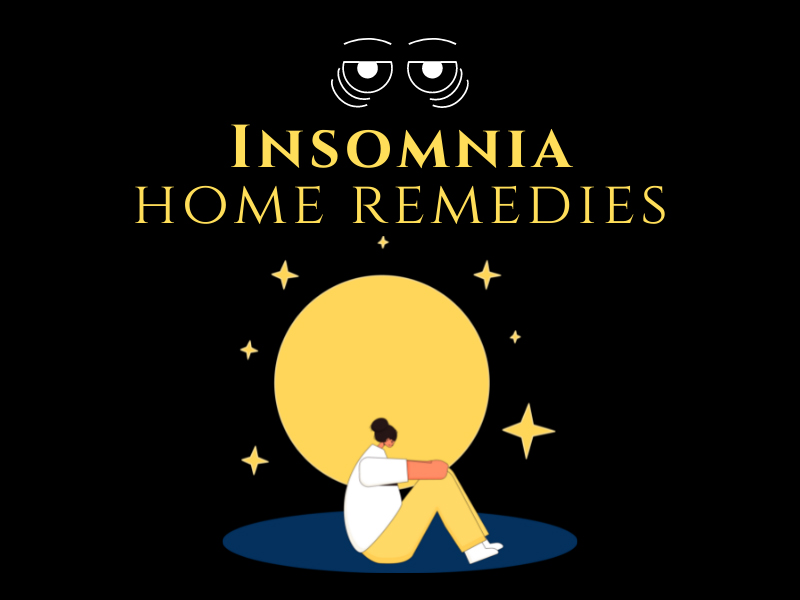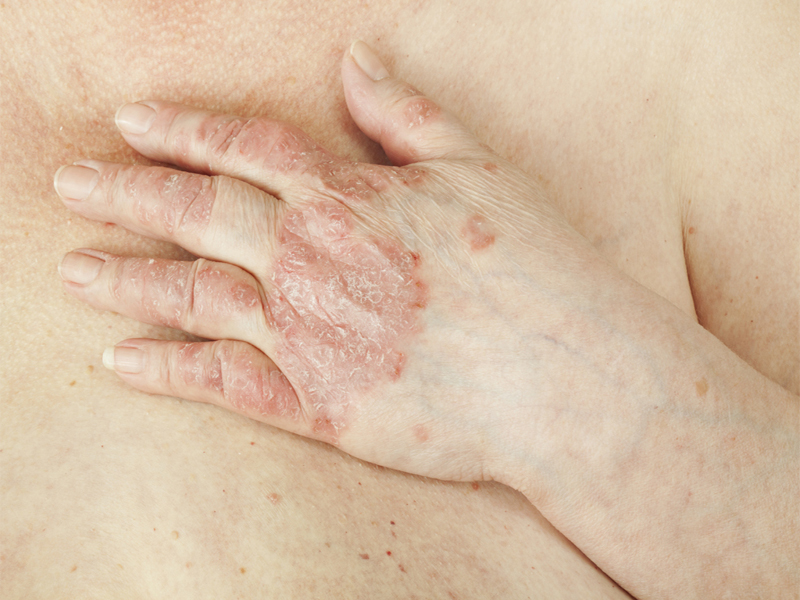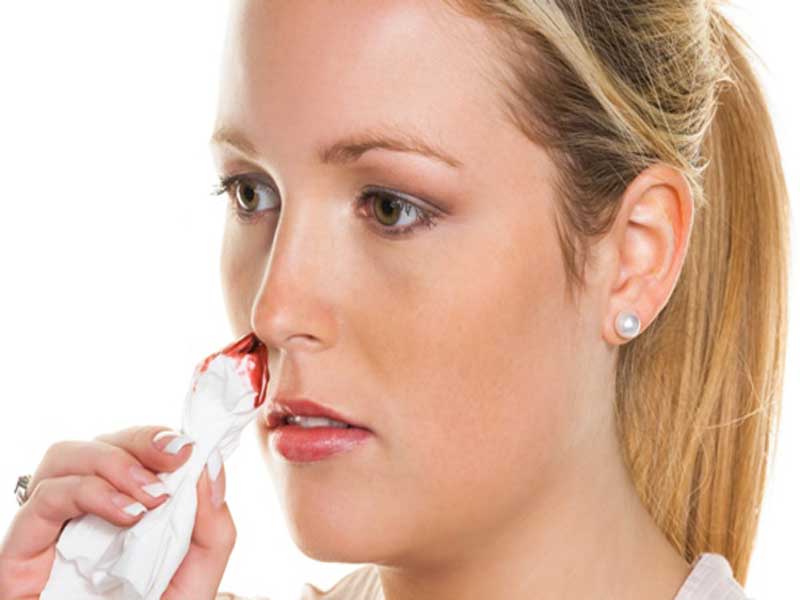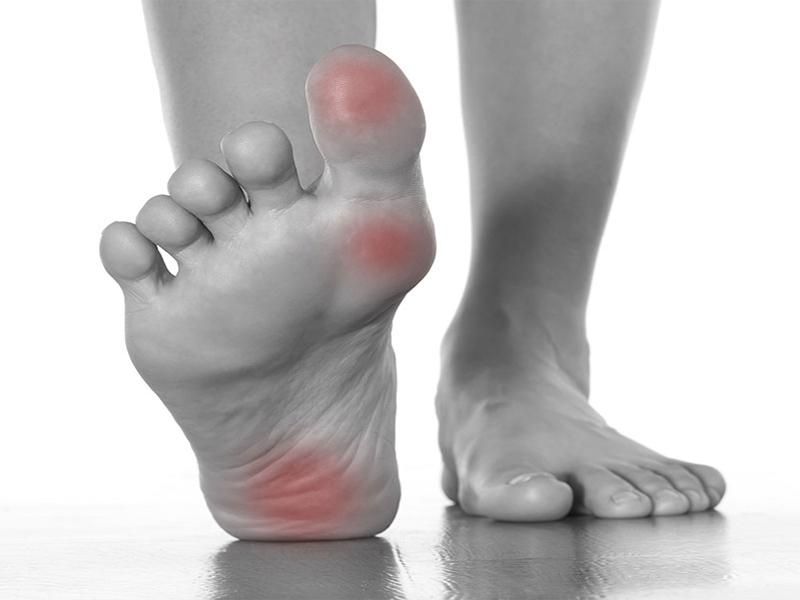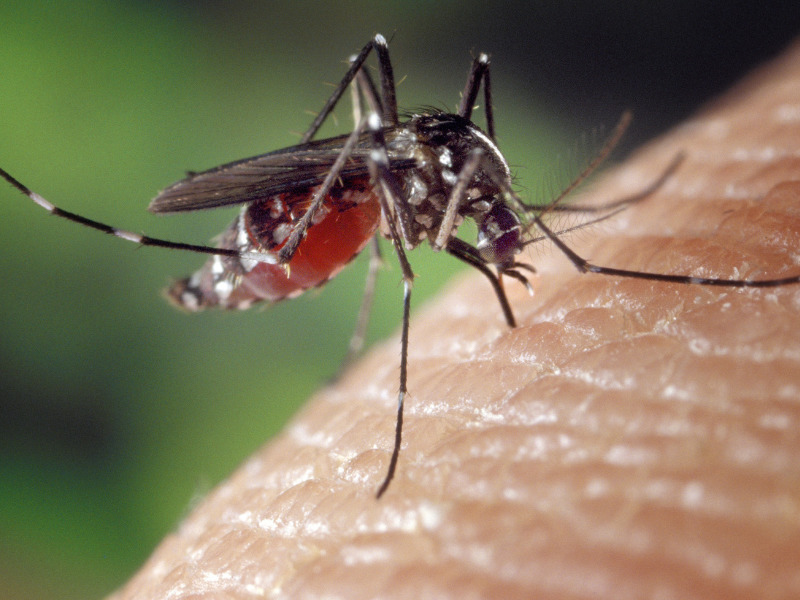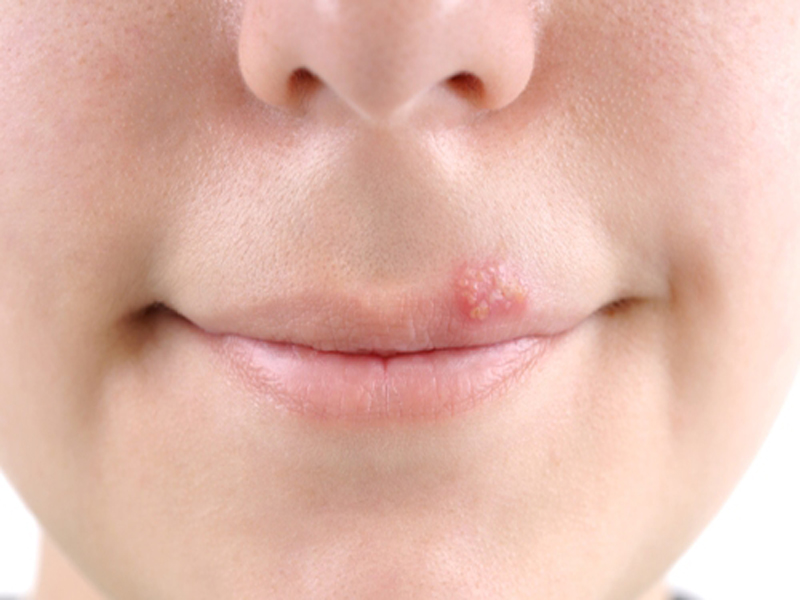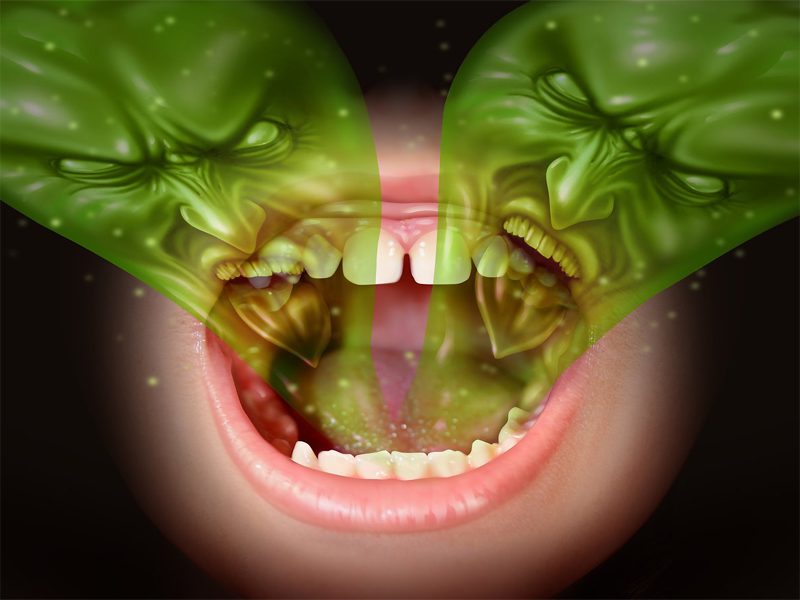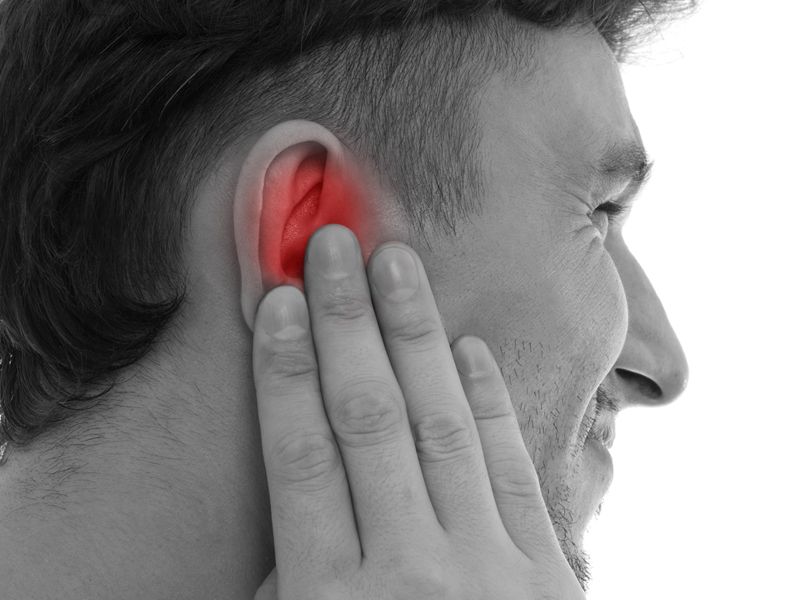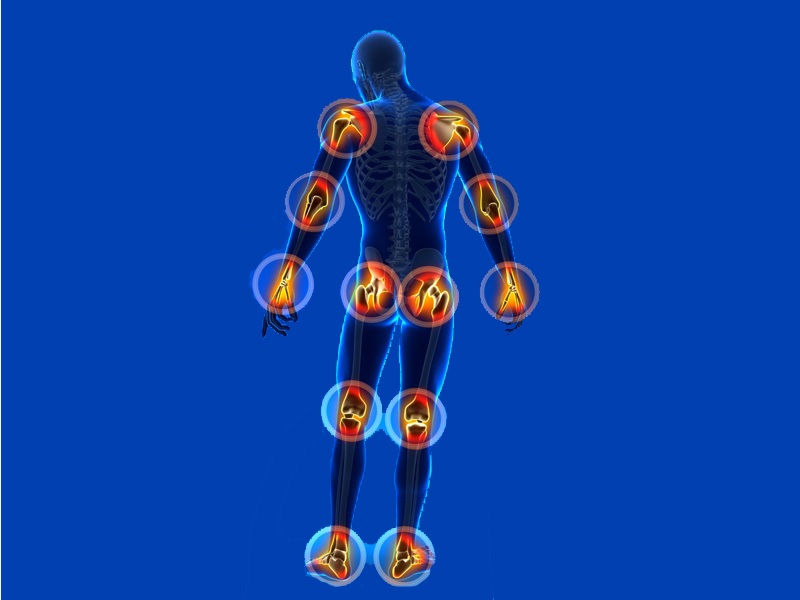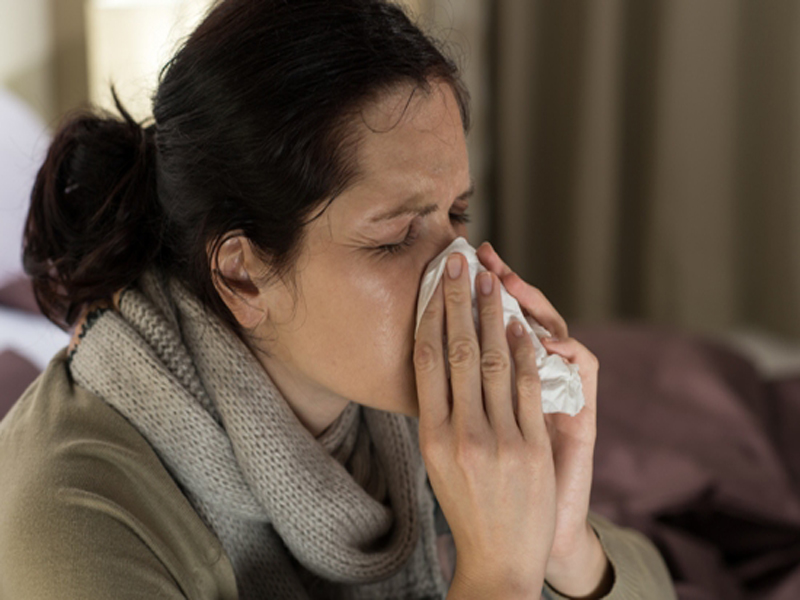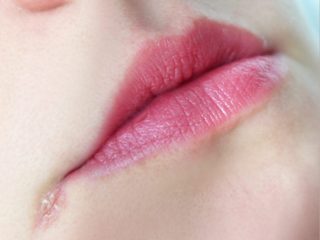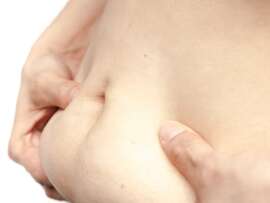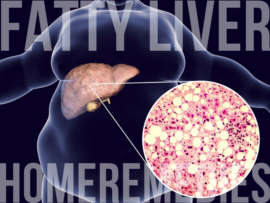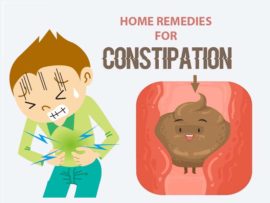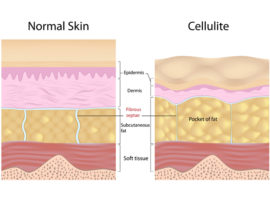Bed wetting is involuntary urination while asleep. It is a common occurrence among children. Even older adults who suffer from incontinence face the problem of bed wetting. Most children achieve some degree of bladder control by the age of 4. In some instances, bedwetting could also be a symptom of an underlying disease in adults. Bedwetting can occur due to many factors, both physical and emotional. Find out more about home remedies for bed wetting detailed below.
What is Bed Wetting (Nocturnal Enuresis)?
Nocturnal enuresis is the unintentional passage of urine while asleep. The medical term for bed wetting is enuresis. This can take place both during the day and at night. Another term for enuresis is urinary incontinence. A number of factors are associated with the increased risk of bed wetting and the reason for urination during sleep. It is considered a normal part of childhood up to the age of 5.
Causes of Bedwetting:
Bed Wetting in Children:
A majority of children who wet the bed have no underlying condition, nor do they do it on purpose. Child bedwetting causes are of two types; Primary bedwetting and Secondary bedwetting. Primary bedwetting is bedwetting that has been occurring without a break since early childhood. Secondary bedwetting is bedwetting that begins again after a significant period (approximately six months). Primary bedwetting occurs when the child does not recognize the sensation that the bladder is full and continues to sleep without awakening. Secondary bedwetting can occur as a sign of an underlying medical or emotional problem. The child here is more likely to have other symptoms such as daytime bedwetting.
Bedwetting due to stress occurs in a stressful home environment where parents quarrel. Similarly, events like starting a new school can cause bedwetting as it emotionally affects the child who is scared.
Bed Wetting in Adults:
A number of underlying medical issues cause adult bed wetting. The most common medical reason for bedwetting is urinary incontinence. This can occur due to physical changes like pregnancy, childbirth, age, menopause, hysterectomy, enlarged prostate, etc.
People who suffer from type I diabetes have a high level of sugar in their blood. Diabetics tend to have increased thirst, which induces them to drink a lot of water. This leads to an increase in urine output and in turn, the urge to urinate frequently.
Constipation too can cause bed wetting where having too much stool accumulation reduces the bladder’s capacity to hold urine and results in bedwetting.
Certain neurological disorders like multiple sclerosis, stroke, Parkinson’s disease, or a spinal injury can interfere with bladder control and cause urinary incontinence. These can all cause bedwetting.
Among the reasons for bed wetting in adults, as one age, the bladder muscles lose their strength and increases the chances of involuntary urine release.
Best Home Remedies For Bed Wetting In Adults:
Here we enlisted 25 natural home remedies for bed wetting in adults are discussed below. Let’s have a look at them.
1. Herbal Tea for Bed Wetting:
Herbal teas work wonders when it comes to reducing triggers of bedwetting in older children. There are herbs like bearberry, horsetail, and oak bark, which are effective for this purpose.
Requirement:
- Bearberry,
- horsetail,
- Oak bark
Process:
Take small and equal quantities of the bearberry, horsetail, and oak bark in a vessel and put them to boil with water. Steep this solution and strain it and cool. Give the strained, cooled tea to the child before bedtime with a dash of honey to bring a pleasant taste to this tea.
How long to do and when:
- Drink this tea two times a day and one cup at bedtime.
Precautions:
- There are no side effects with this herbal tea.
See Also: Natural Remedies For Snoring
2. Indian Gooseberry:
For natural remedies for bed wetting, Indian gooseberry or amla is known to be a potent cure and is excellent for strengthening the bladder muscles.
Requirement:
- Gooseberry or amla.
Process:
- Crush an amla and take out one tablespoon of its juice. Mix it with a pinch of turmeric and honey.
How Long to Do and When:
- Give it to the child every morning regularly.
Precautions:
- Indian gooseberry can increase the risk of bleeding and bruising in some people.
3. Cinnamon for Bed Wetting:
Among home remedies for preventing bed wetting this spice is a tried and tested remedy for curing bedwetting in both children and adults.
Requirement:
- Cinnamon.
Process:
- Chew on a piece of cinnamon stick. (OR). For a child, make it more appealing by applying cinnamon powder to a slice of buttered toast with sugar.
How Long to Do and When:
- Do this daily.
Precautions:
- Cinnamon can trigger allergies in some people, so ensure that you are not allergic to this spice.
4. Cranberry Juice:
This is another great home remedy for bedwetting as it specializes in strengthening the bladder and urinary tract muscles and is very beneficial for the kidney. Though you should avoid giving liquids to the kids before putting the child to bed, cranberry juice can be safely given.
Requirement:
- Cranberry juice.
Process:
- Give the cranberry juice an hour before sending the child to bed at night.
How Long to Do and When:
- You can do this daily.
Precautions:
- Drinking too much cranberry juice can give diarrhoea.
See Also: Best Sleeping Positions For Better Sleep
5. Jaggery Treatment For Bedwetting:
Jaggery is known to release heat in the body; therefore, when given to children, it keeps them warm from the inside and prevents the involuntary release of urine in their sleep.
Requirement:
- Jaggery
Process:
- Add jaggery to a cup of milk
How Long to Do and When:
- Ideally, it should be given to the affected child every morning.
Precautions:
- Ensure that you are not allergic to jaggery
6. Honey For Bed Wetting:
Another home-based treatment for bedwetting is honey which is a part of herbal remedies for bedwetting. It is added to several ingredients to treat bedwetting and can be given individually as well for treating this problem in children. One hour before bedtime, give them a spoonful of honey.
Requirement:
- Honey.
Process:
- Give one teaspoon of honey.
How Long to Do and When:
- Honey is to be given one hour before bedtime.
Precautions:
- Check for allergies and other side effects.
7. Mustard Seeds:
Mustard seeds help with urinary tract infection bedwetting. Using this method can treat the bedwetting problem in a month’s time. It will minimize, if not, make it disappear completely. It is one of the best home remedies for bed wetting in adults.
Requirement:
- Mustard seeds.
Process:
- Grind the yellow mustard seeds and add them to a cup of warm milk.
How Long to Do and When:
- Make the child drink this every night an hour before going to bed.
Precautions:
- Check if the child is allergic to mustard.
8. Olive Oil Can Stop Bedwetting:
Yet another effective one among home remedies for bedwetting without complications is olive oil. It is an excellent and soothing way to cure bedwetting.
Requirement:
- Olive Oil.
Process:
- Simply warm the oil and apply it daily to the abdominal area of the child, especially in and around the navel.
How Long to Do and When:
- Do this daily.
Precautions:
- Olive oil allergy is not common. Ensure that the child is not allergic to it.
See Also: Benefits Of Olive Oil
9. Dried Fruits:
Dried fruits like raisins are wonderful for health as well as curing problems in the bladder and urinary tract and are ideal in home remedies for preventing bed wetting. Try these remedies religiously, and they will definitely show results.
Requirement:
- Raisins.
Process:
- Give the child a snack of 3 almonds and 2 raisins at bedtime.
How Long to Do and When:
- Do this until there is significant progress.
Precautions:
- Check if the child is allergic to either of these items.
10. Kegel Exercises For Bed Wetting:
The best exercise for bed wetting would include some strong but basic exercises for the abdomen and the bladder. This is helpful for eliminating reasons for bed wetting in adults. These pelvic floor exercises strengthen the muscles from the core so that your over-reactive bladder does not let itself go during the night. This is applicable to both kids and adults.
See More: How To Do Kegel Exercise
11. Fruit Salad:
Chopped, sliced and diced, this is a special diet of oranges, lemons, different assortments of berries and kiwis provide natural remedies for bedwetting. These juice-filled fruits can add to the natural water in our bodies. The only difference is that these juices are thick and concentrated and quench the body’s thirst for water without adding liquid to the bladder.
Requirement:
- The assortment of fruits like oranges, berries and kiwis.
Process:
- Chop and dice these fruits to make a fruit salad.
How Long to Do and When:
- Do this until progress is seen.
Precautions:
- Ensure that the child is not allergic to any fruit.
12. Encourage Double Voiding:
Double voiding is a method applicable to kids and adults. You have to empty your bladder once before you start your bedtime ritual. You have to end your bedtime ritual by trying for one more time before you retire for the night. This way you can ensure your bladder is completely empty while going to bed, which would lessen the possibility of bedwetting.
13. Apple Cider Vinegar:
Apple cider vinegar is useful for bedwetting. It aids constipation and acts as an efficient detox.
Requirement:
- Apple cider vinegar.
Process:
- Apple cider vinegar mixed with a glass of water and half a teaspoon of raw honey would maintain the PH balance of your body and prevent the acidic levels from rising, all of which aid bedwetting.
How Long to Do and When:
- Do this daily.
Precautions:
- It is rare to be allergic to apple cider vinegar, please watch out for side effects.
14. Banana Can Stop Bedwetting:
Home remedies for bedwetting include the banana. Banana is rich in potassium, which is useful for the body, not only nutrition-wise but to maintain sodium levels in your body. Apart from this, banana is a natural binder and acts as a muscle binder that would prevent slipping of your bladder in kids and adults too.
15. Avoid Drinking Fluids Before Bedtime:
Right before bedtime if you indulge in a lot of fluid intake, the chances are that your kid has a possibility of wetting his or her bed by midnight. It is better to limit the drinking of water before and after dinner and avoid drinks with caffeine in them. Avoid excessive intake of water in the evening and near bedtime.
16. Avoid Chocolate:
You must be wondering how to stop bedwetting by staying away from chocolates. This is most often applied to kids who intake a lot of chocolate. Much like coffee or tea, chocolate too contains caffeine in them, a diuretic in nature that encourages an overactive bladder.
17. Black Vinegar To Avoid Smell:
Bedwetting treatment would have you use all your senses combined together to fight this process. One can use black vinegar to cut the smell of pee stains from your duvet. A study revealed that among child bedwetting causes, even when you are sleeping, your sense of smell works at its best and the smell of urine encourages bedwetting.
18. Fennel Seeds for Bed Wetting:
Among herbal remedies for bedwetting, the fennel seeds are ground and brewed into tea to solve your bedwetting problems. Fennel seeds are scientifically proven to be effective for bedwetting problems and if are talking about a kid, you can always make him start the day with a warm glass of soy milk and a handful of fennel seeds.
19. Red Meat:
Red meat is a strong source of potent nutrition, but that is not the only reason why red meat is encouraged to prevent bedwetting. This meat strengthens the core muscle and makes sure they are not relaxed or at ease even while you sleep. This does not allow the involuntary passage of urine during sleep, which will aid in waking you up.
20. Reward Their Effort:
This is especially a tip for parents who suffer from their kid’s bedwetting. This is more of a physiological thought than a rule. Every time, even during the day when they use the bathroom, always appreciate and encourage them, a trait your child will carry on at the night as well.
21. Walnuts and Raisins:
This is one of the wells liked home remedies for preventing bed wetting, which is beneficial and a favourite among children. What makes it more special is that kids love to have this as a treat.
Requirement:
- 2 walnuts.
- 5 raisins.
Process:
- Give the child walnut and raisins at bedtime.
How Long to Do and When:
- You can do this daily until there is an improvement.
22. Avoid Smoking:
Smoking can lead to an overactive bladder and cause frequent urination. Chronic smokers have cough spasms otherwise known as the smoker’s cough, which in turn leads to urine leakage. Smoking is also associated with stress urinary incontinence where there is leakage of urine due to sudden pressure on the bladder with activities like sneezing, exercising and laughing.
23. Cherries Helps To Stop Bedwetting:
Cherries are rich in fibre and a good source of vitamins and minerals, including calcium and potassium. They can be added to the diet of children, as all the goodness it contains helps in preventing bedwetting.
Requirement:
- Cherries.
Process:
- Children can eat cherries as fruit, or they can be added to desserts to include them in their diet.
How Long to Do and When:
- Use this until progress is noticed in bedwetting.
Precautions:
- Cherry rarely can cause an allergy, but ensure to verify the child has no side effects.
24. Parsley For Bedwetting:
Parsley is an important herb that when mixed with your everyday dish can prevent the possibility of bedwetting. It is quite natural that you as a food enthusiast experiment with different parsley dishes so that the goodness of this herb does not become monotonous.
Requirement:
- Parsley leaves.
Process:
- Get your child to chew on a few parsley leaves before bedtime; it can also be added to meals.
How Long to Do and When:
- Allow the child to eat this until there is an improvement.
Precautions:
- Consuming large quantities of parsley can cause anaemia, so use it in moderation.
25. Almond In Milk:
Almond milk is the perfect morning drink for a bed wetter. Almonds with the benefits of calcium can bring elasticity and strength to muscles, thereby not letting your bladder make its own decisions. It is one of the best and most natural home remedies for bedwetting in children and adults also.
Requirement:
- Almonds,
- water.
Process:
- Blanch the almonds, remove the skin, now add 3 cups of water and run it through a blender. Do this until it is smooth. Strain it through a sieve. Add some more water and repeat the process. The milk collected can be stored in the fridge.
How Long to Do and When:
- Drink this until effective results are seen.
Precautions:
- Almond milk can be stored in the fridge for 3-4 days.
Complications and Effects of Bed Wetting
The reason for urination during sleep in adults and children can result in emotional stress. Complications include urinary tract infections. Most of the time, bedwetting is a developmental delay and not an emotional problem or physical illness. Only a small percentage of bedwetting cases have a medical cause. Bedwetting can cause feelings of embarrassment and anxiety. This can lead to low self-esteem. In the case of children who are older, the worry is more about having bedwetting when they are out with friends at camps and sleepovers. Tiredness and sleep disruption are also caused due to bedwetting.
When To Consult A Doctor?
When a 7-year-old child or older wets the bed more than 2-3 times a week, one can seek the help of a doctor. If both day and night bedwetting occurs after the age of 5, then your child should see a doctor before the age of 7. When an adult starts wetting the bed, then it is advisable to consult a doctor as it could be due to medications or some underlying disease conditions.
Foods That Cause and Stop Bed Wetting:
What Foods To Eat For Bed Wetting:
Food rich in folate and vitamin B12 helps the central nervous system to make the association needed for bladder control at night. Omega-3 fatty acids show similar benefits to the nervous system. It helps the bladder signal the brain to wake up at night. Fresh fish, eggs, and vegetables will provide all the minerals needed to help the nervous system.
Fibre is important as bedwetting occurs at the same time as constipation. When the pressure of constipation presses against the bladder wall, it results in unwanted leakage. Wheat bran, good fluid intake and vegetables go a long way in increasing fibre and combating constipation.
What Foods To Avoid For Bed Wetting:
Water-based veggies and fruits such as strawberries, grapes, melon, and celery have a diuretic effect. They encourage the body to expel fluid, so it is best to avoid eating them in the evening. Dairy causes bedwetting, so dairy products (yoghurt, cheese and milk and cheese, etc.) are best avoided. They not only increase the severity of bedwetting but also reduce the effectiveness of enuresis medications. Avoid caffeine in the evenings as it acts as a diuretic and stimulates the bladder to produce and expel more urine.
Vitamins and Supplements:
High levels of vitamin D may be a protective factor against NE (nocturnal enuresis). A new study has found that higher vitamin D levels may reduce the risk of children developing nocturnal enuresis.
Bedwetting, especially in adulthood, can be quite an embarrassing affair. Even for a kid, a simple event like a sleepover at a friend’s might be a huge deal and can end up affecting the social esteem of the child. There are many home remedies for bed wetting for both children and adults that one can safely rely on. This may not happen immediately but will improve gradually with time.
1. Do Children Wet The Bed Purposely?
Bedwetting is something that is very tiring and stressful for all involved. It is, however, not something that a child does on purpose it is an involuntary act. And also, it is stressful for the child who feels embarrassed. It is very important that we reassure the child that what happened was not the child’s fault before finding remedial measures. We can try several home remedies for preventing bedwetting and if it becomes severe, then we can always seek the help of a professional.
2. What Are Bedwetting Alarms And How Are They Useful?
Bed-wetting alarms are among the safest and most effective bed-wetting treatments used for the reason for urination during sleep. Studies show that alarm therapy is successful in children over the age of 7. It is designed in a way to awaken the child and enable the child to go to the bathroom at regular intervals. If used regularly in the night, the child will begin to wake up for 4-6 weeks. In 12 weeks, the child will be getting on his/her own to go to the bathroom or will be able to hold urine until morning.
3. What Is DDAVP And Does It Cure Bedwetting?
Desmopressin Acetate (DDAVP) is a drug used to treat children who suffer from bed-wetting. Although this drug does not cure the condition, it helps to treat the symptoms. DDAVP is a synthetic form of vasopressin hormone. It works on the kidneys and decreases the amount of urine produced. DDAVP can help especially when the child has to go out on camping trips and for sleepovers at friends’ houses.
Disclaimer: The home remedies and suggestions mentioned in the article are for general information purposes and to create awareness in society. This should not be construed as professional medical advice. Always seek and consult your doctor if you have any specific questions about any medical treatment.


